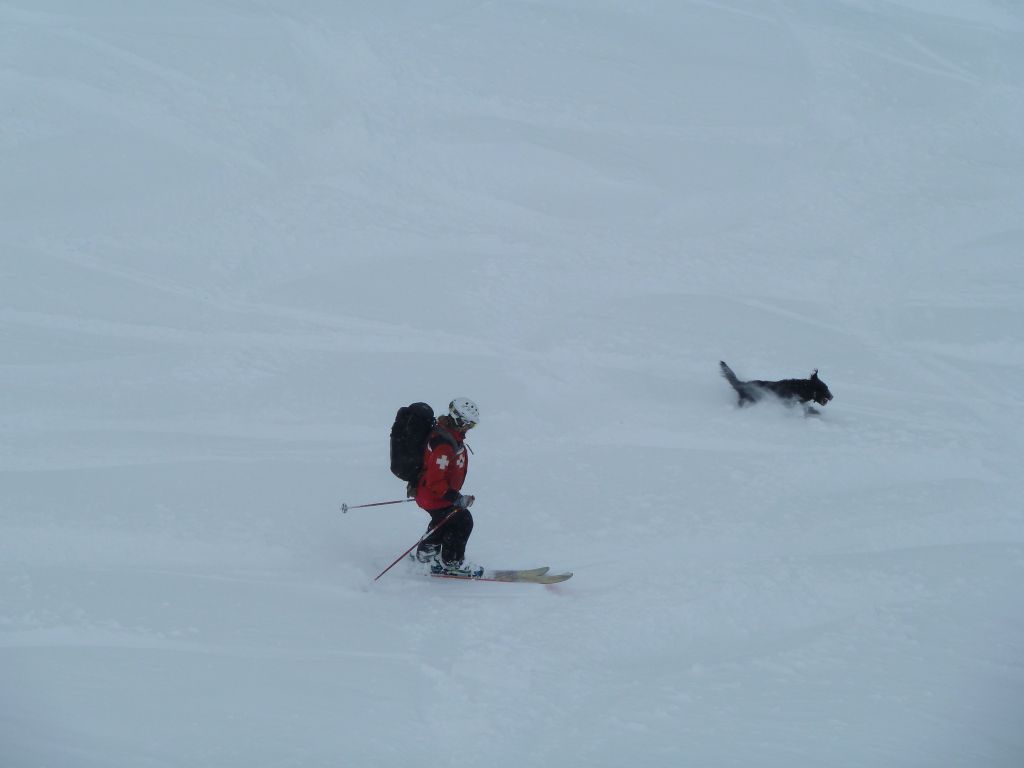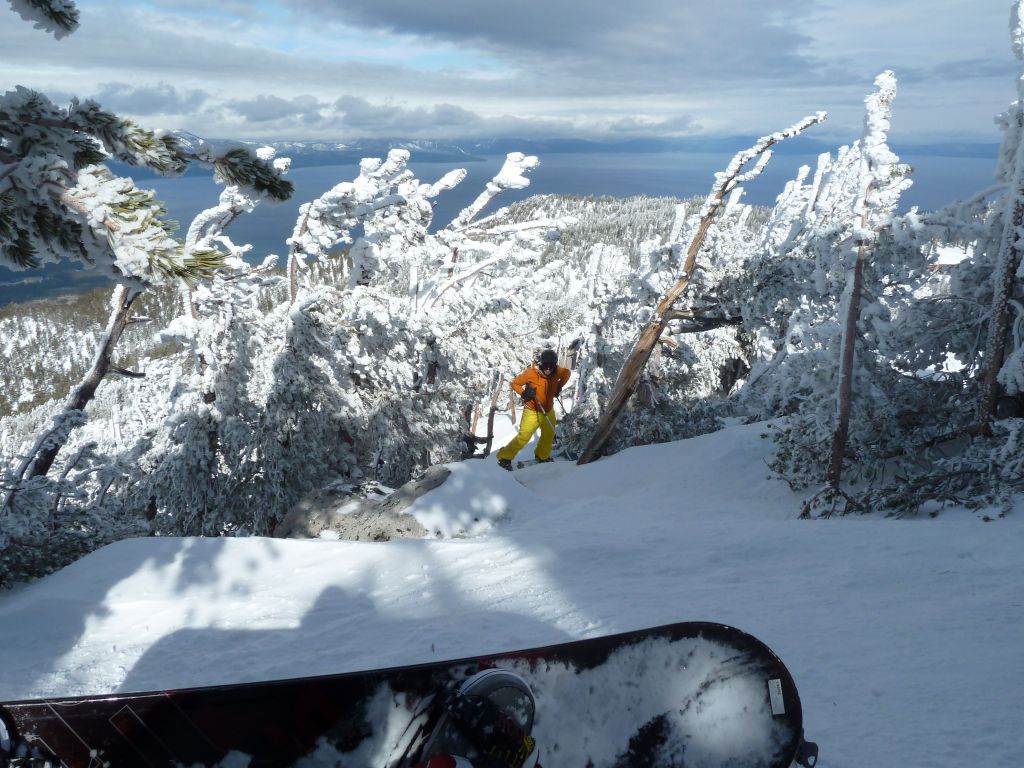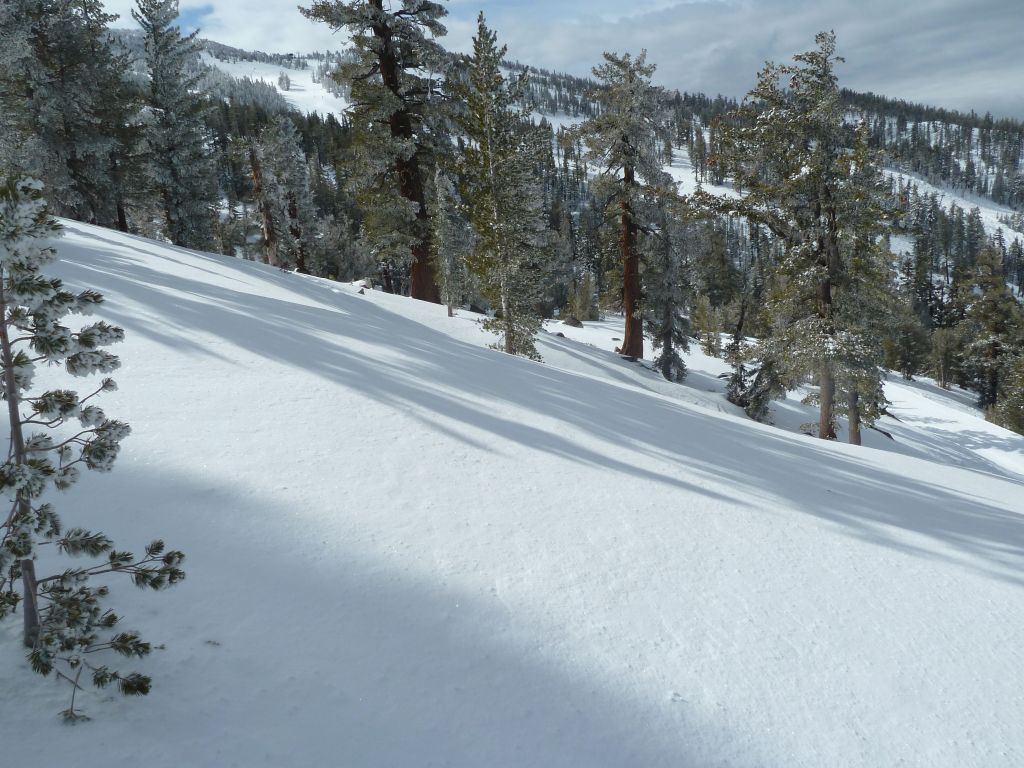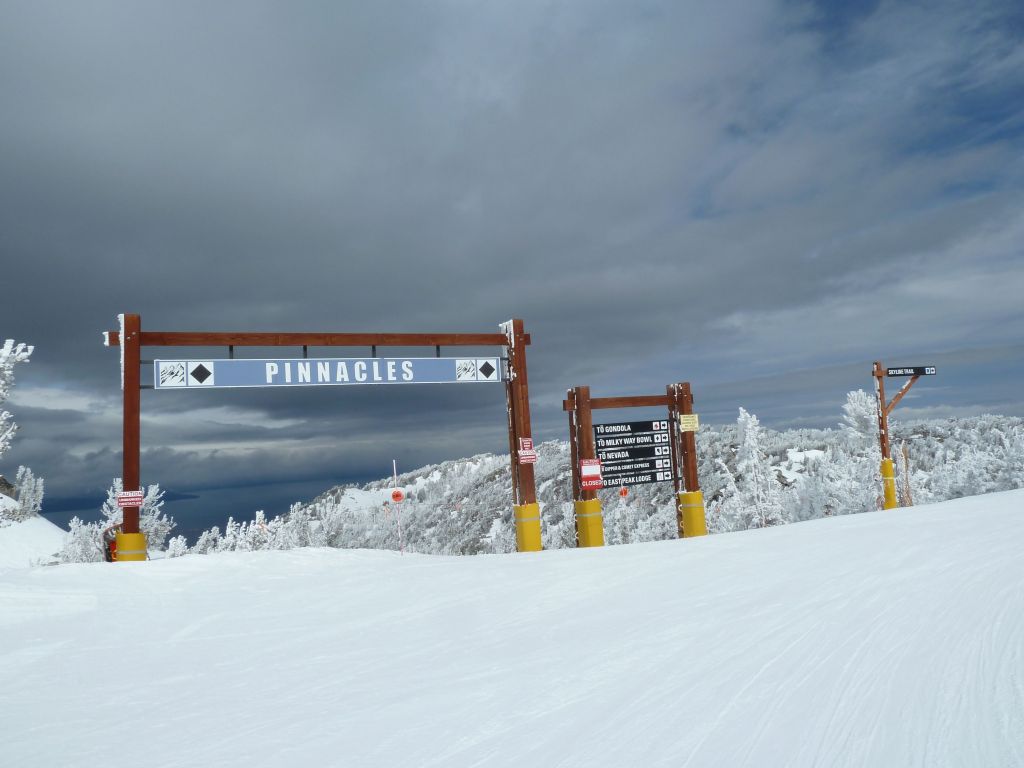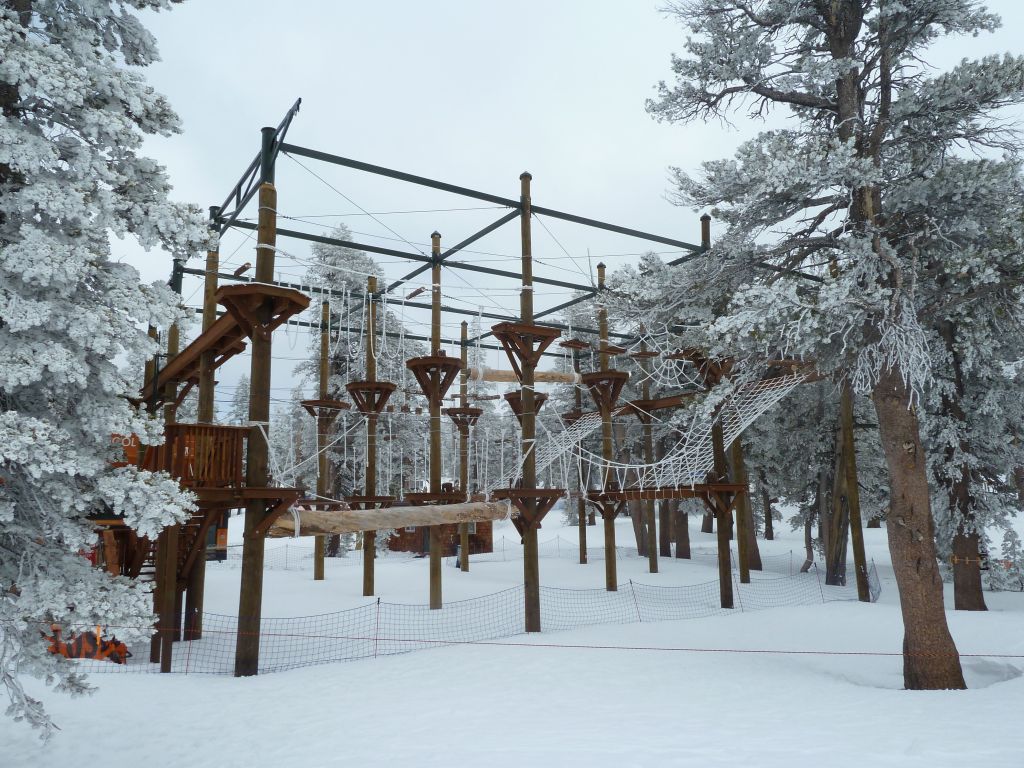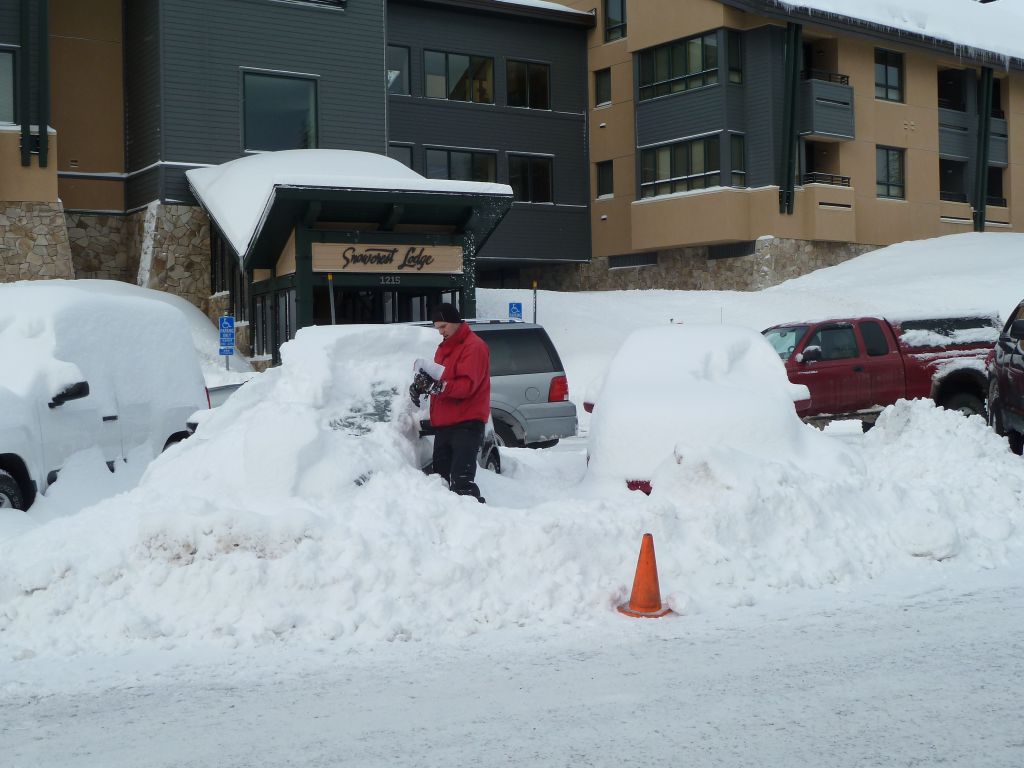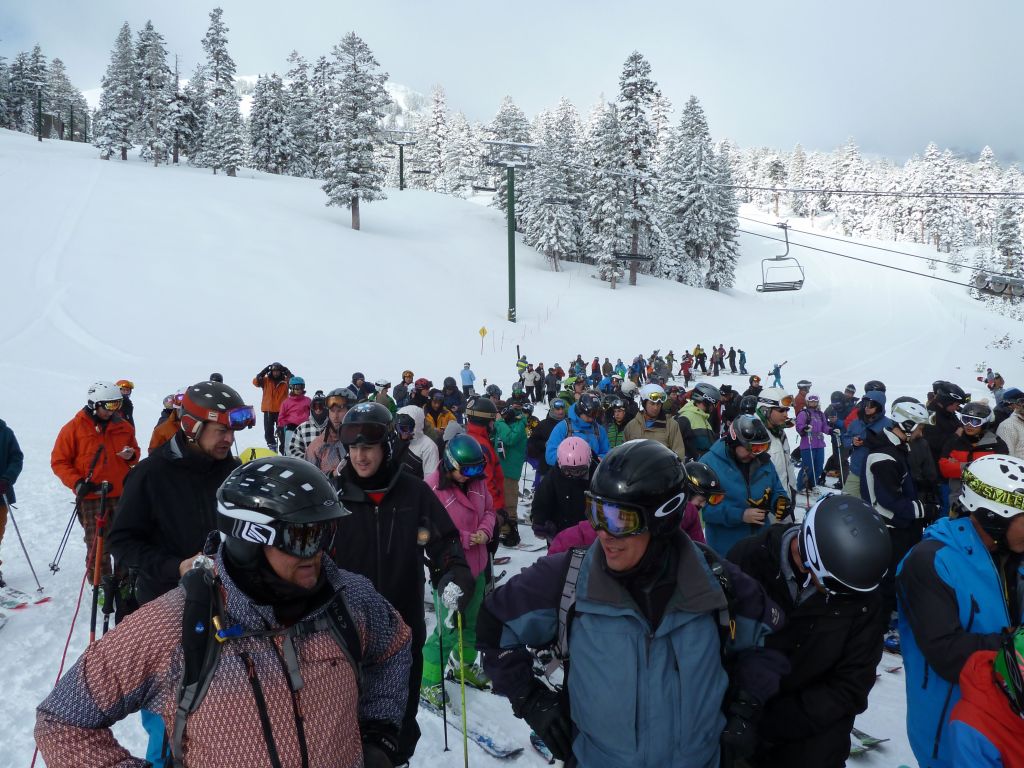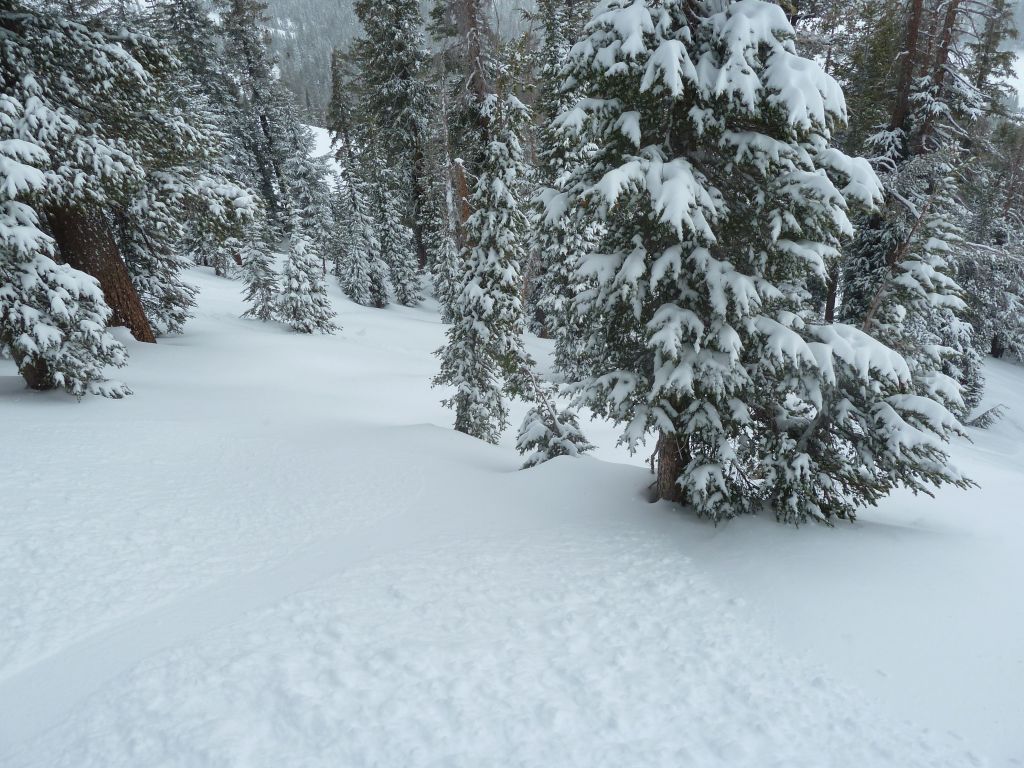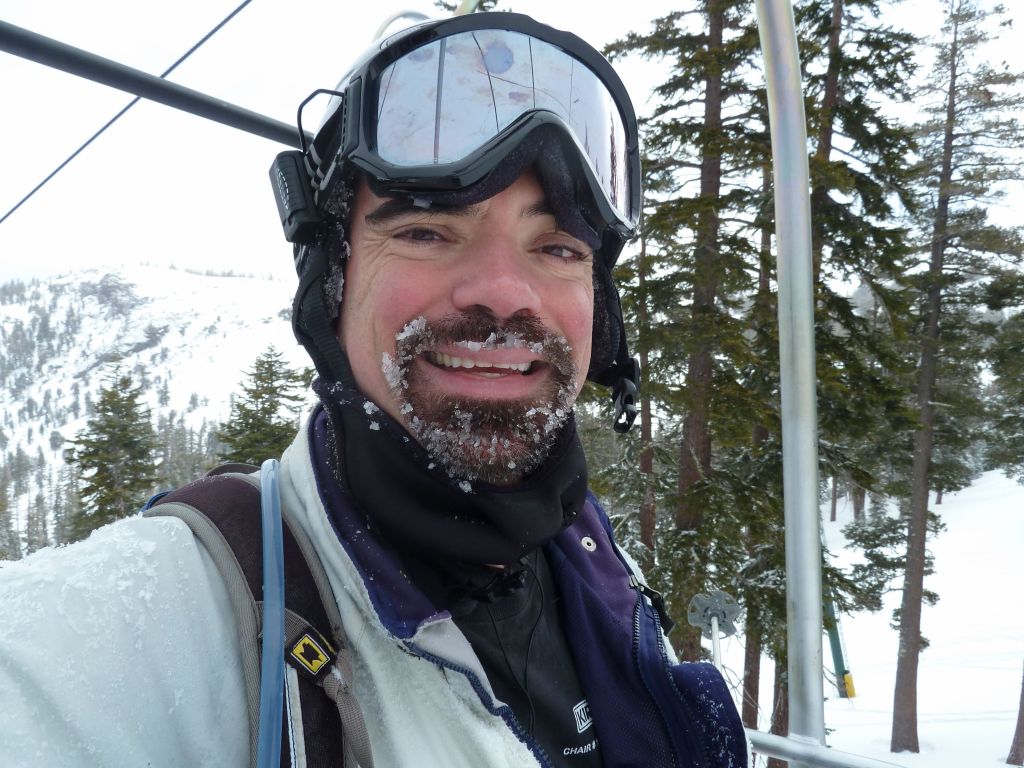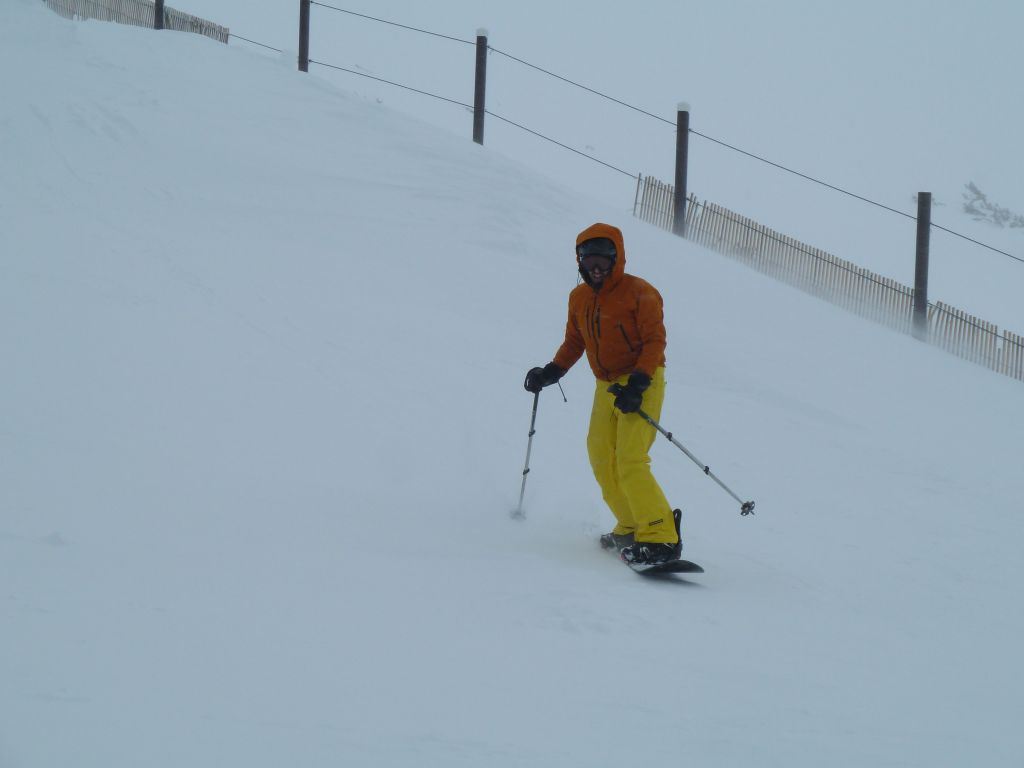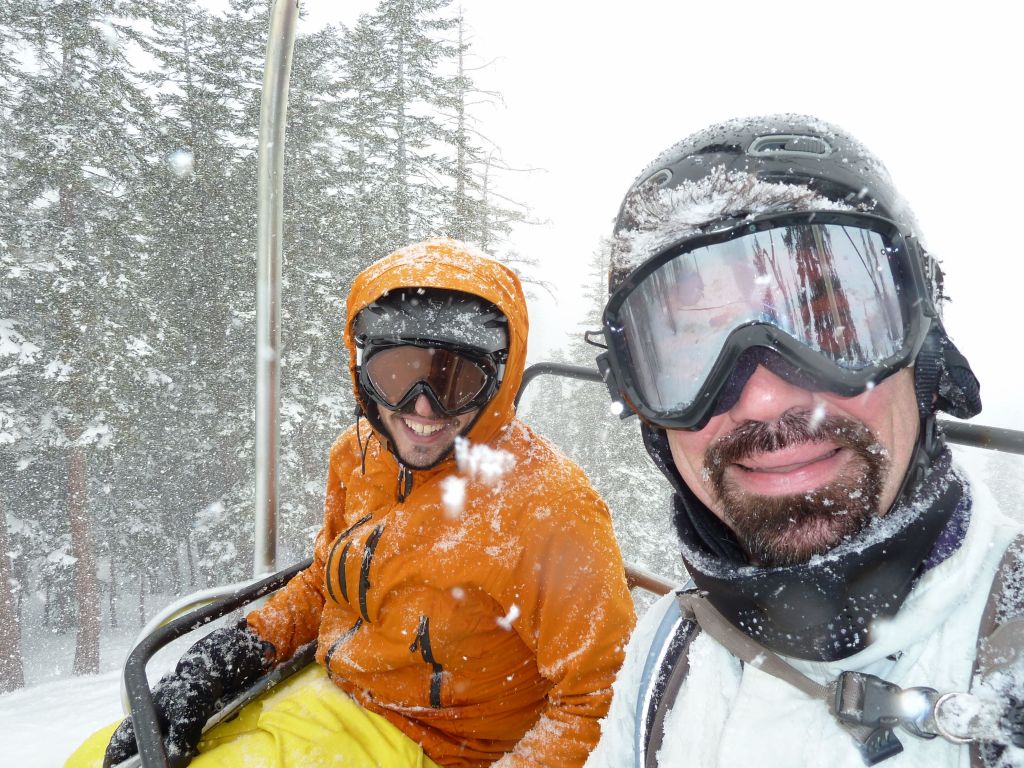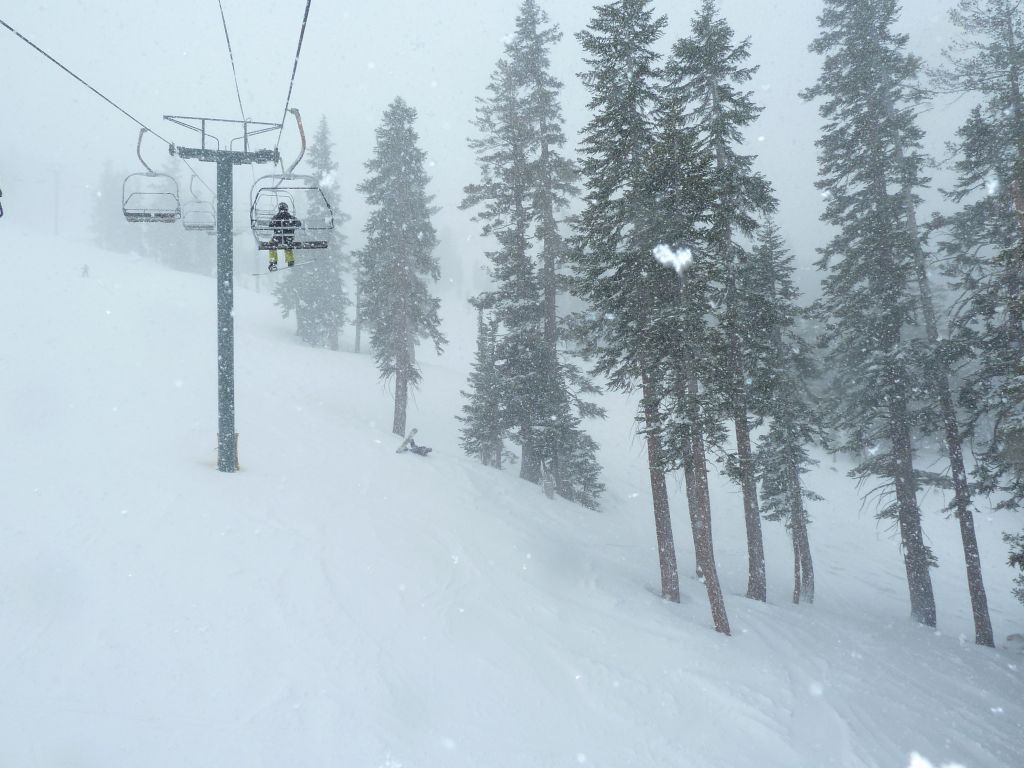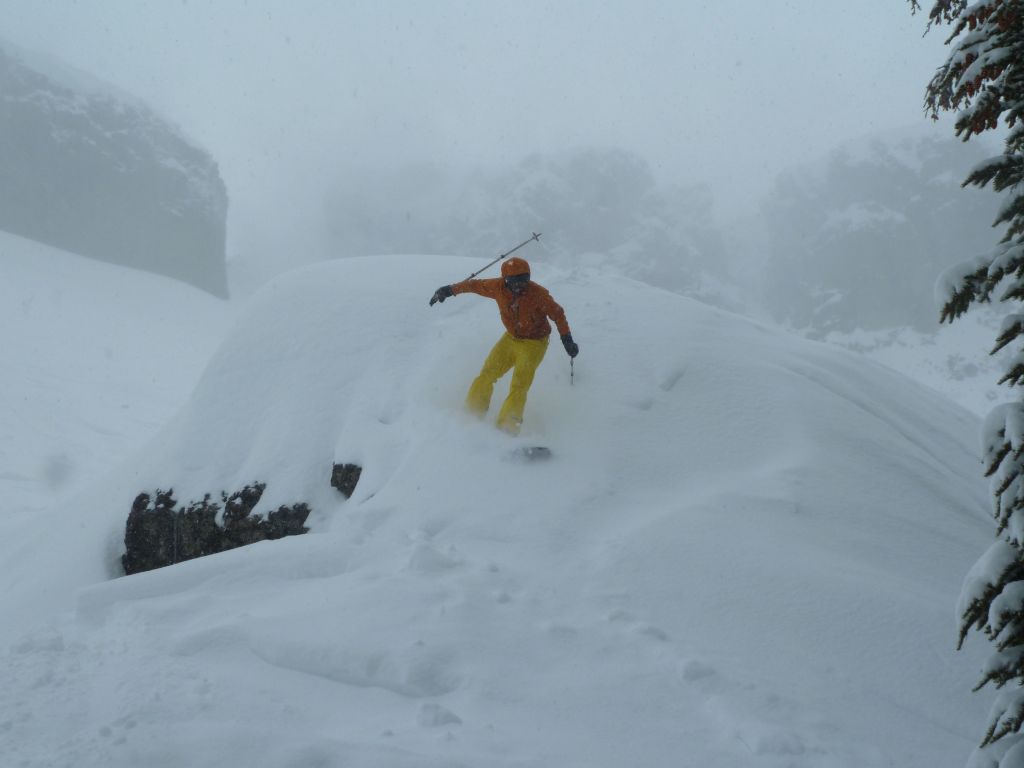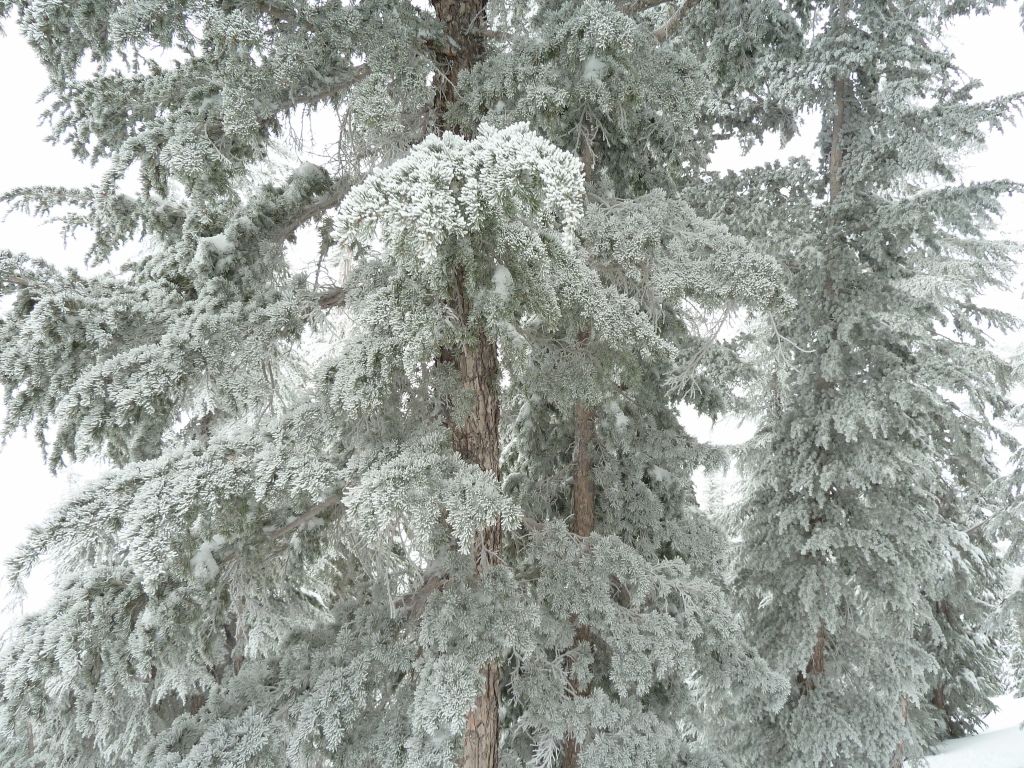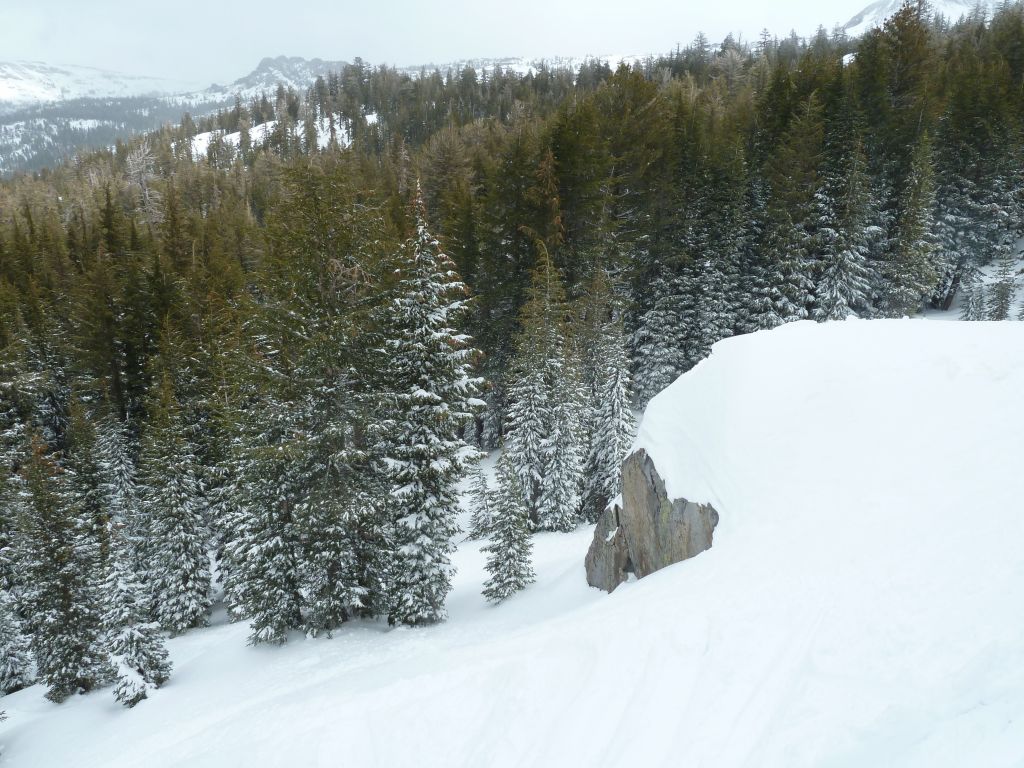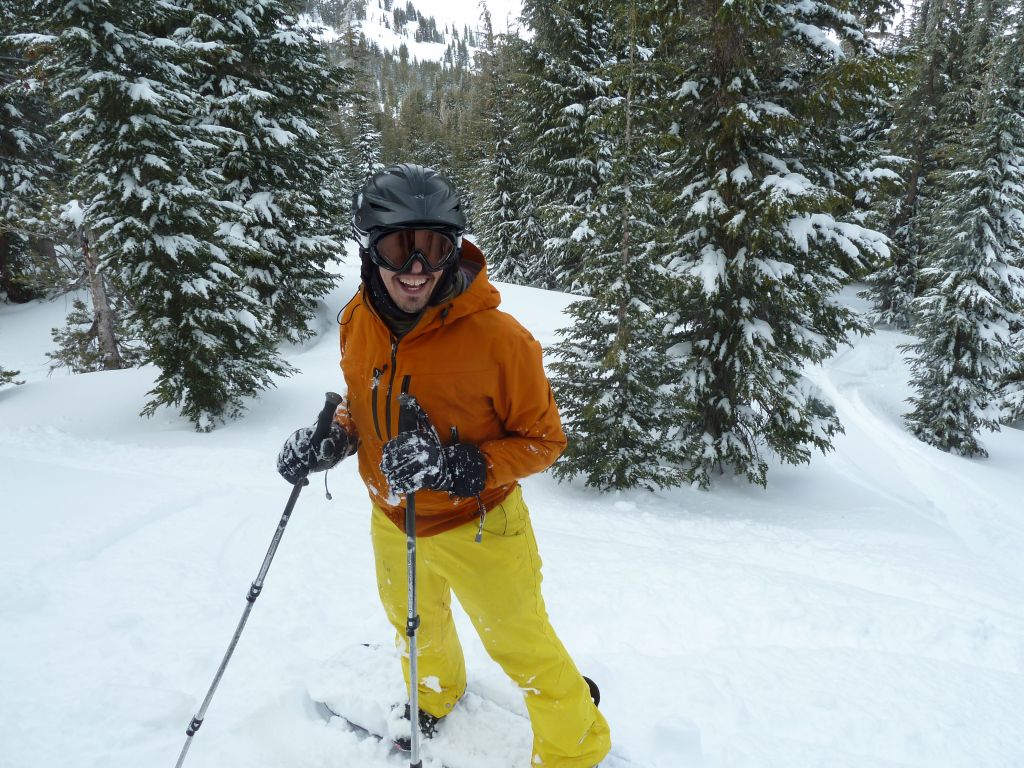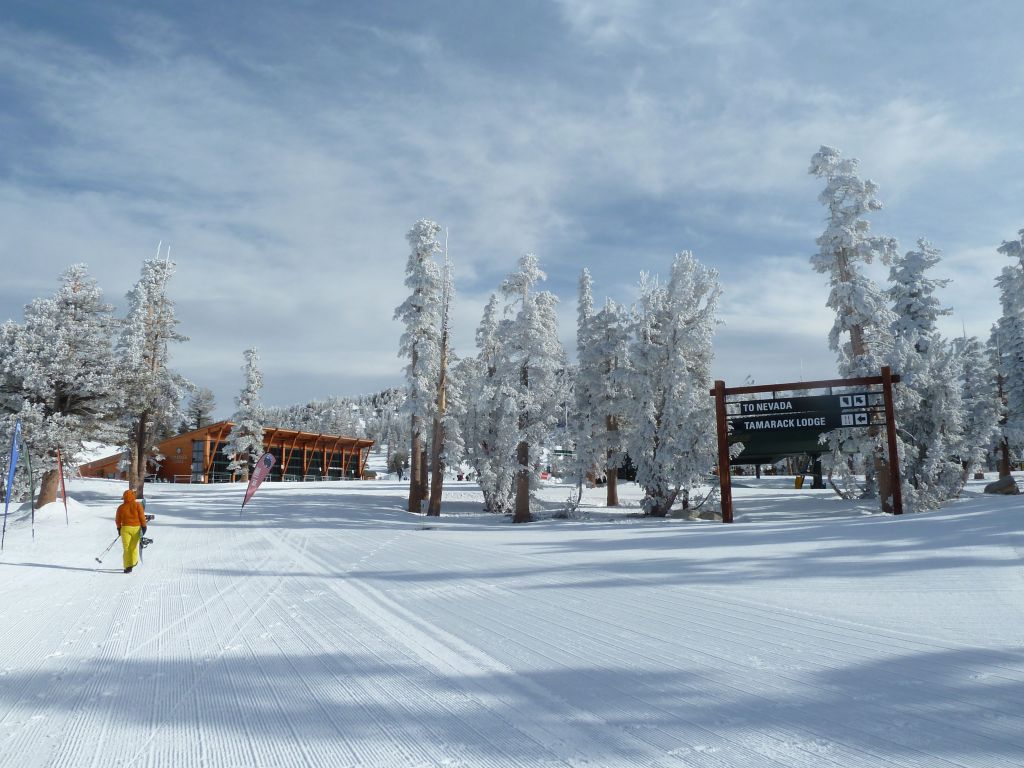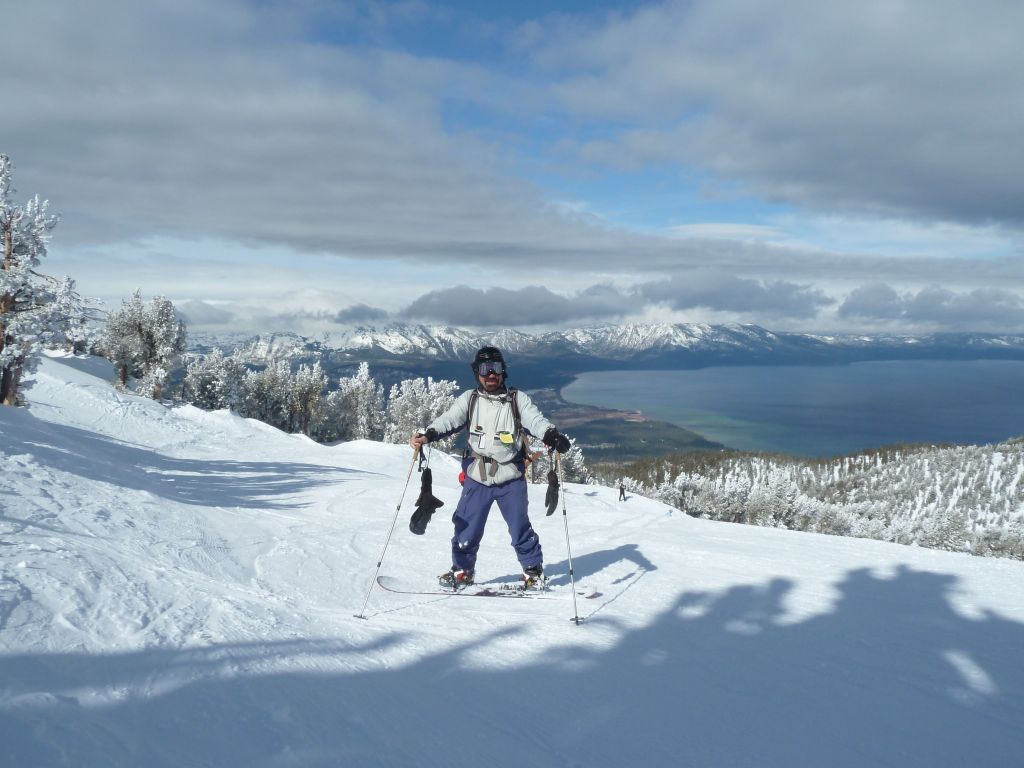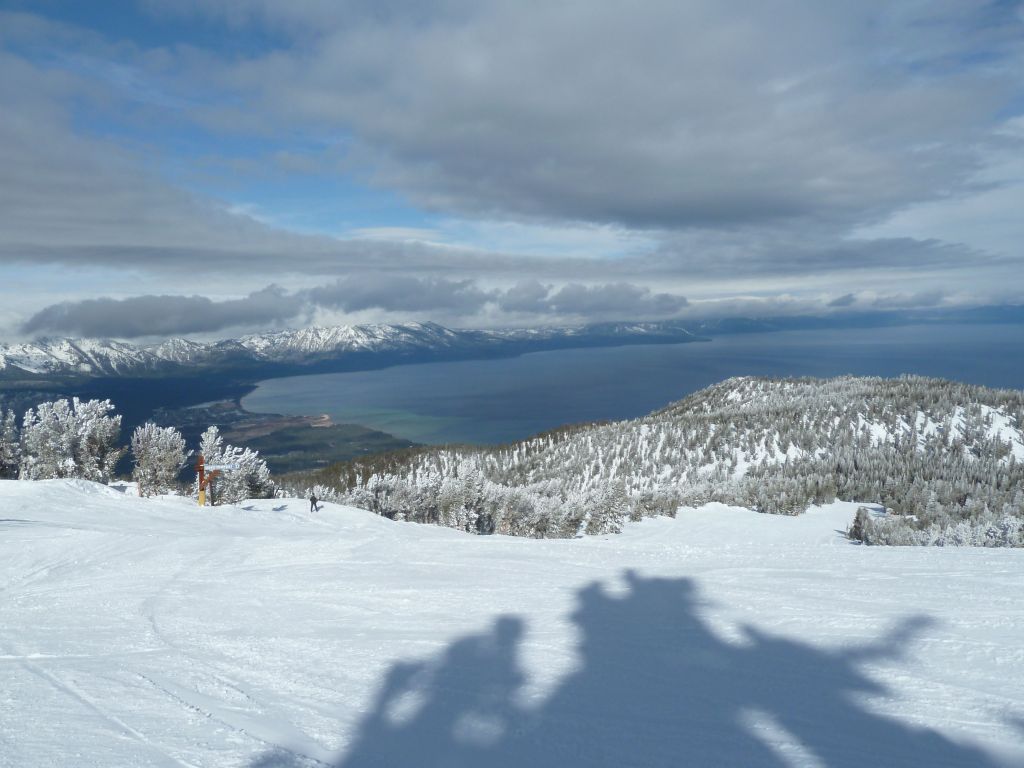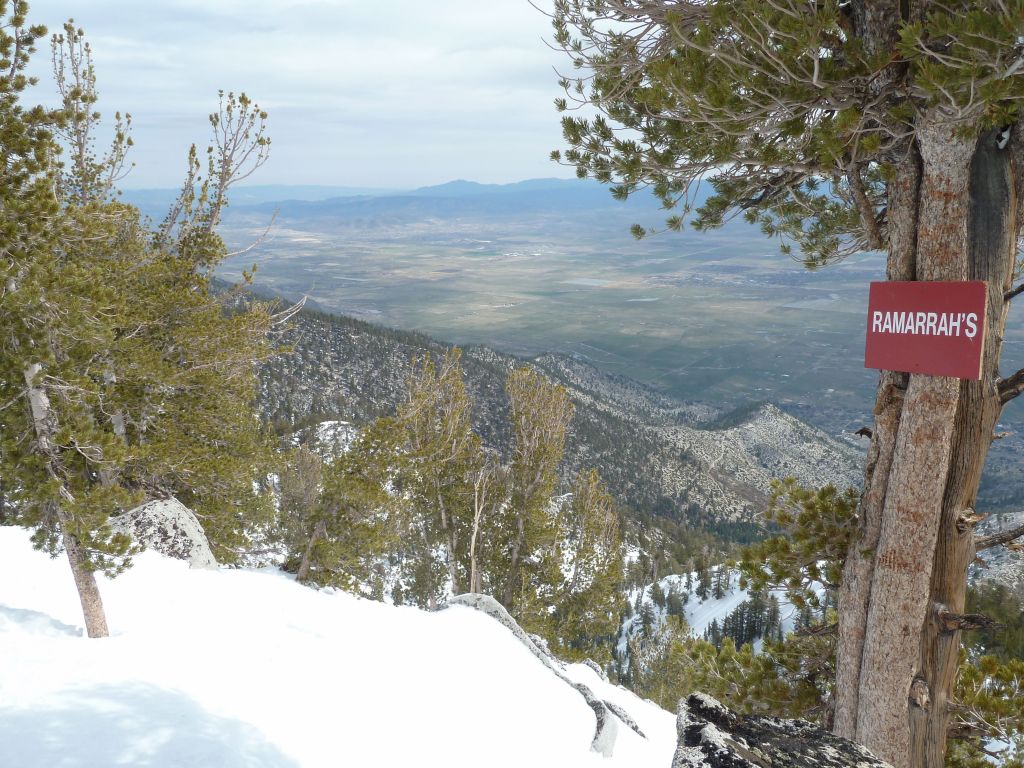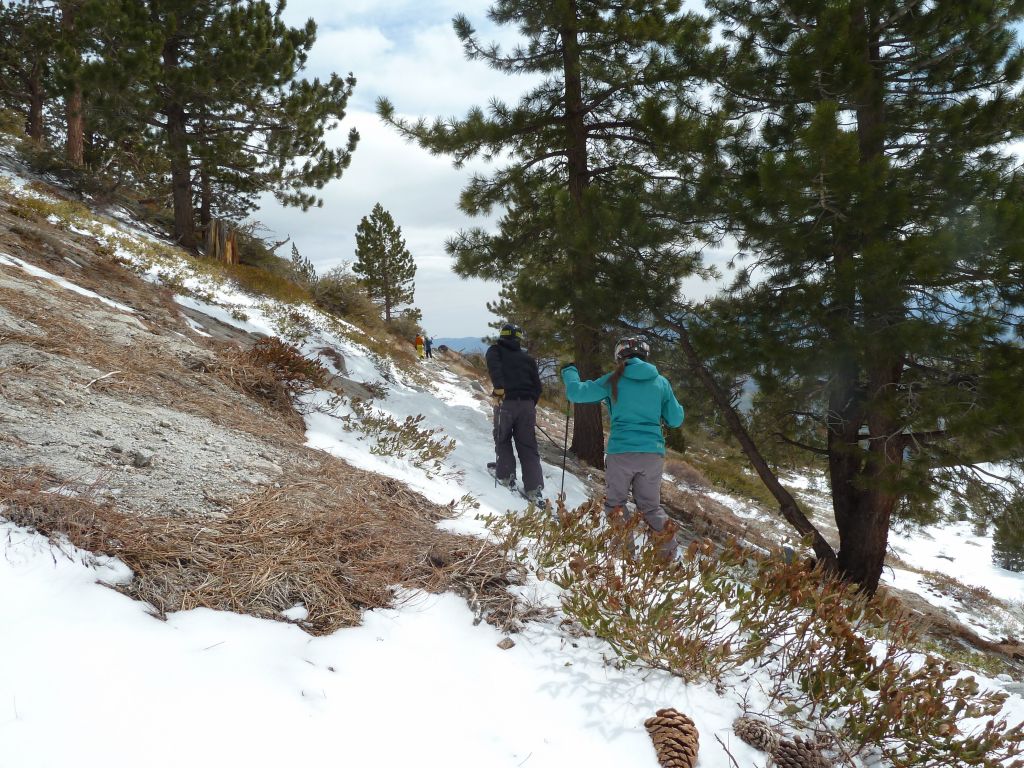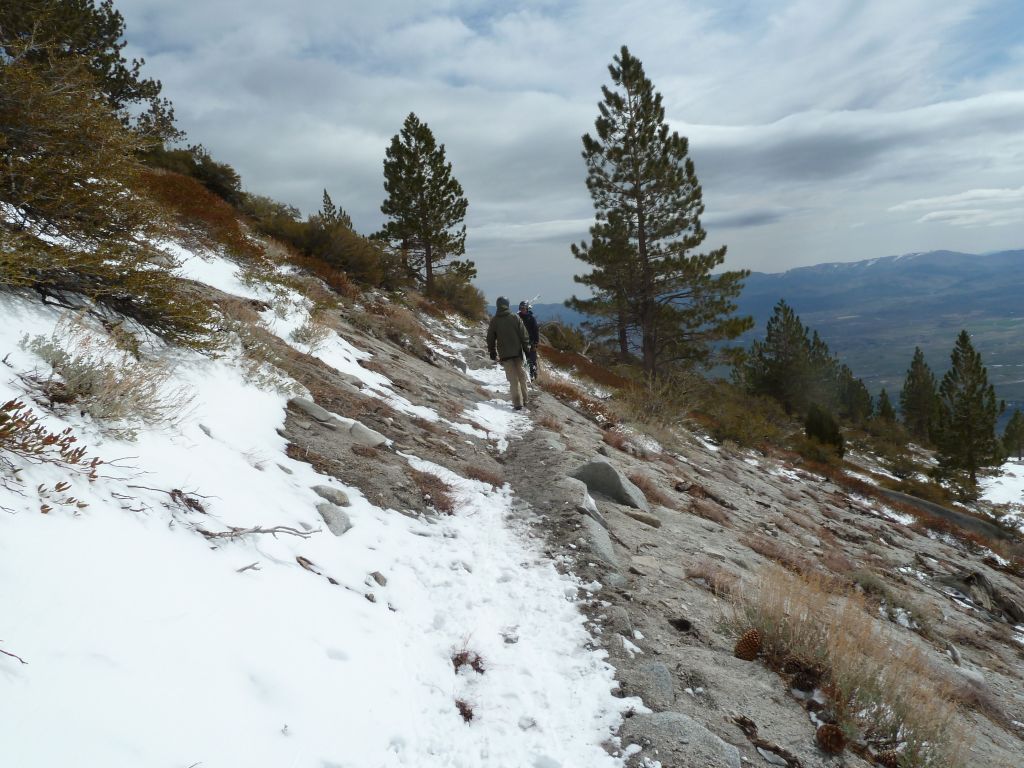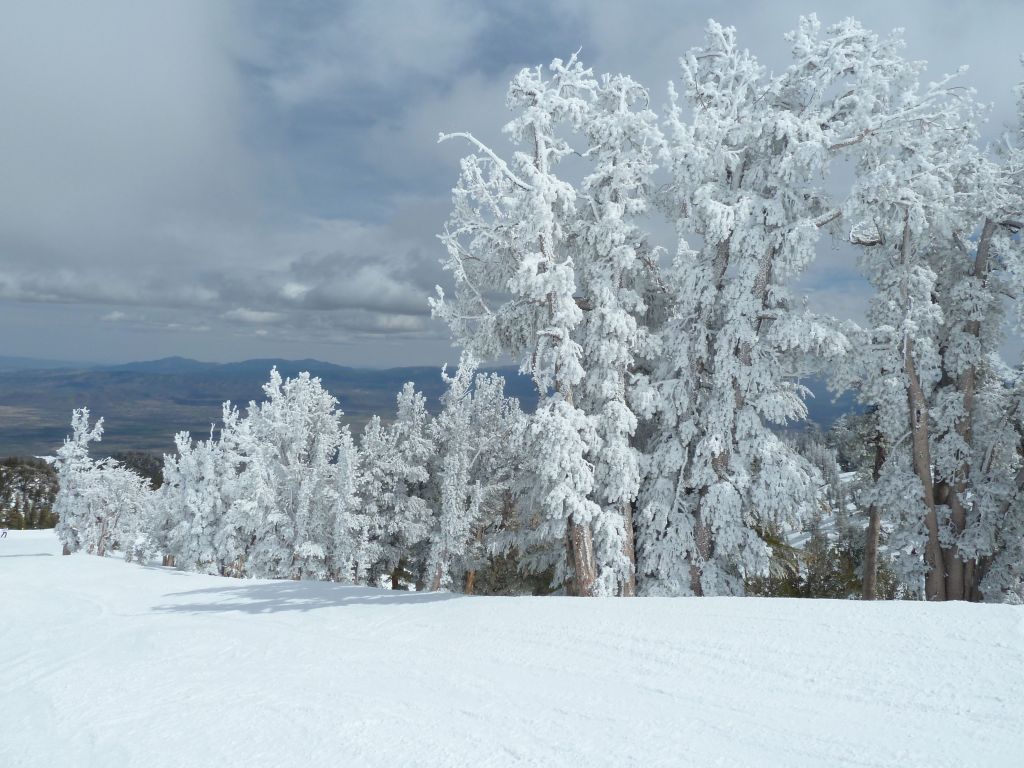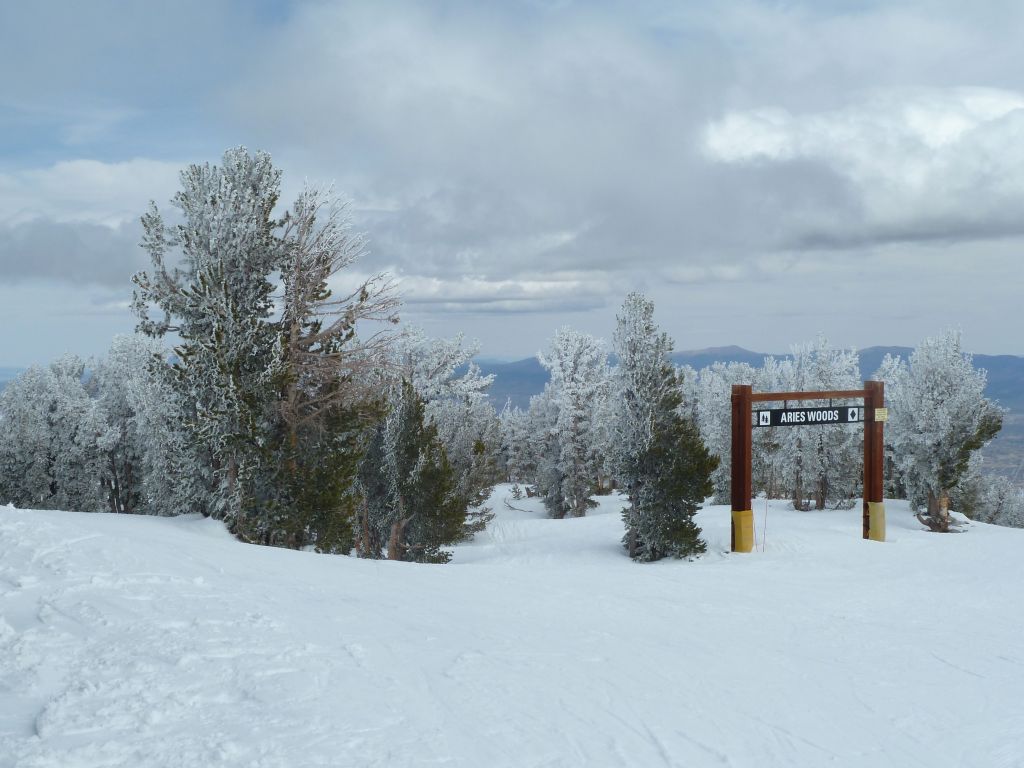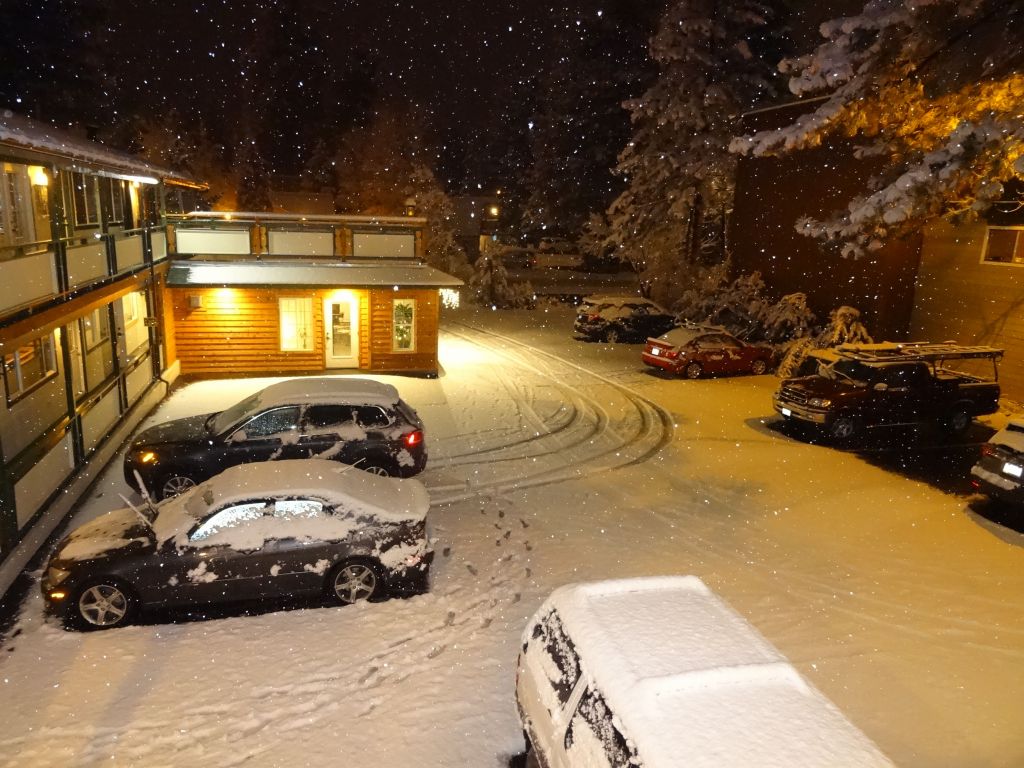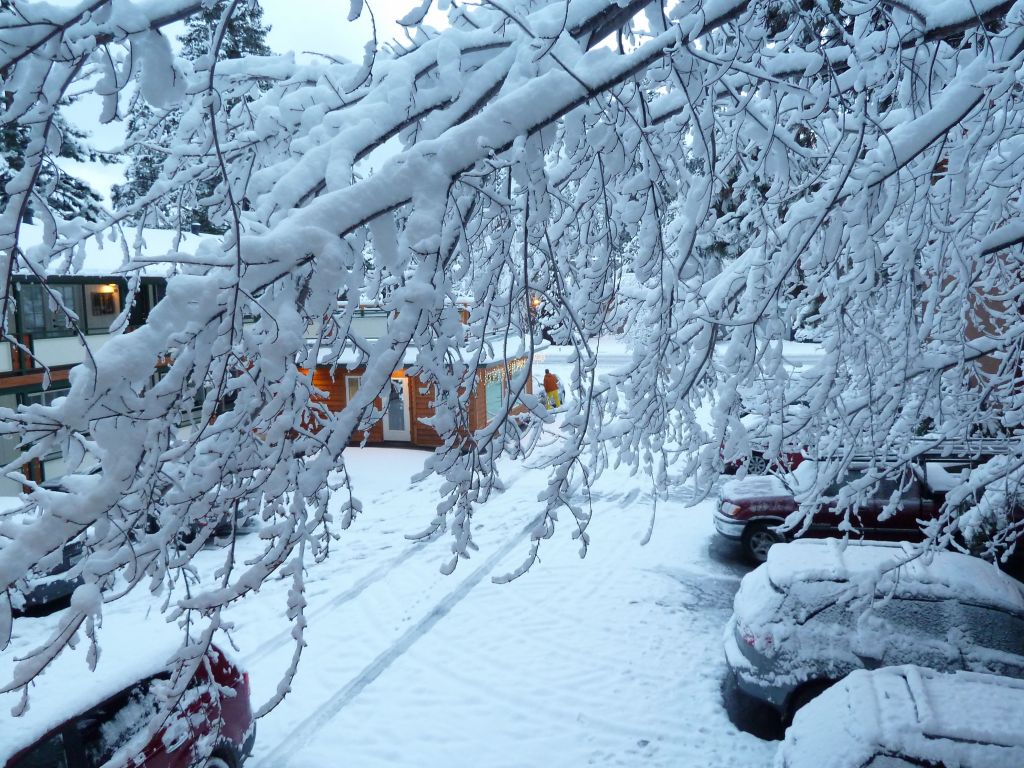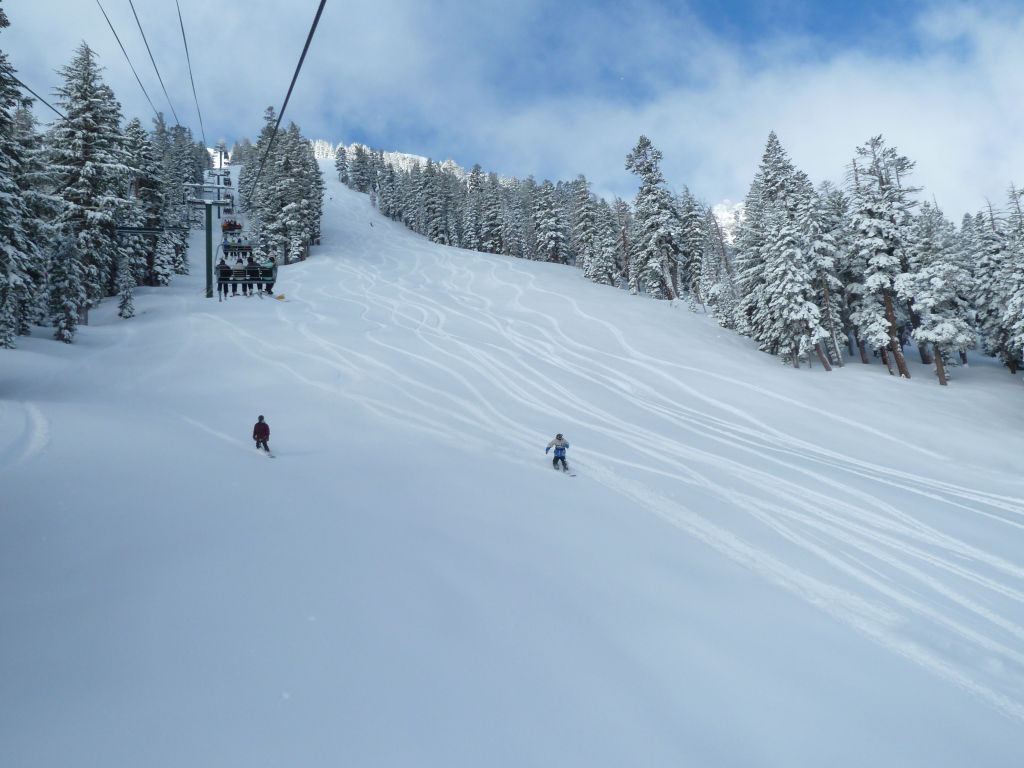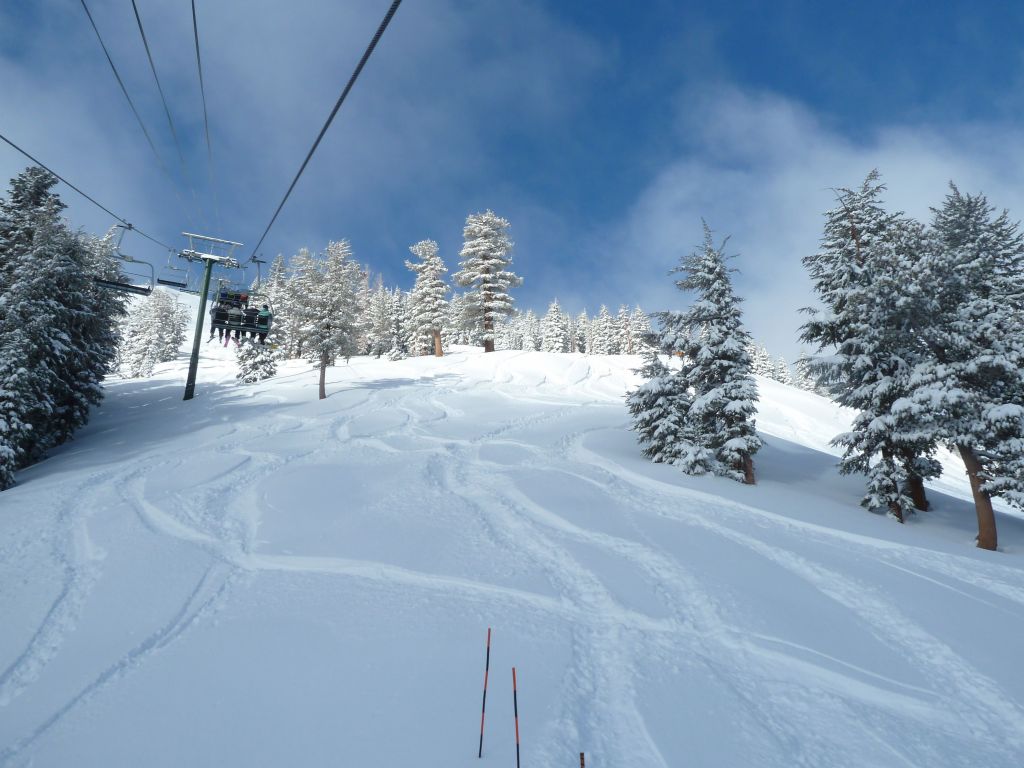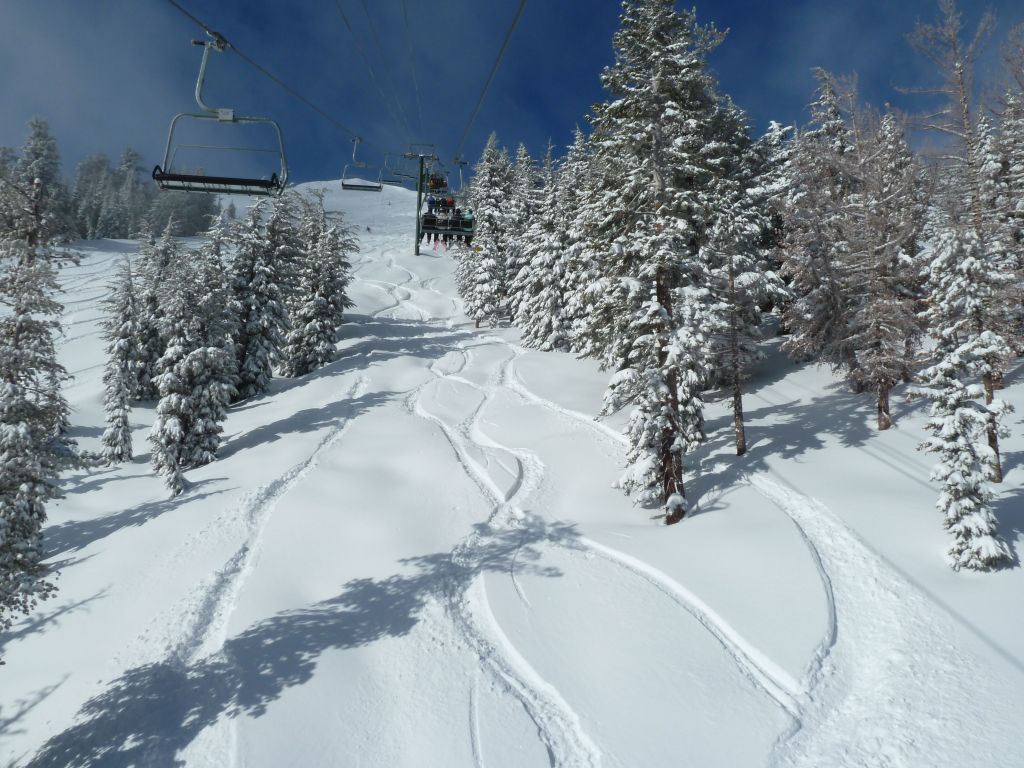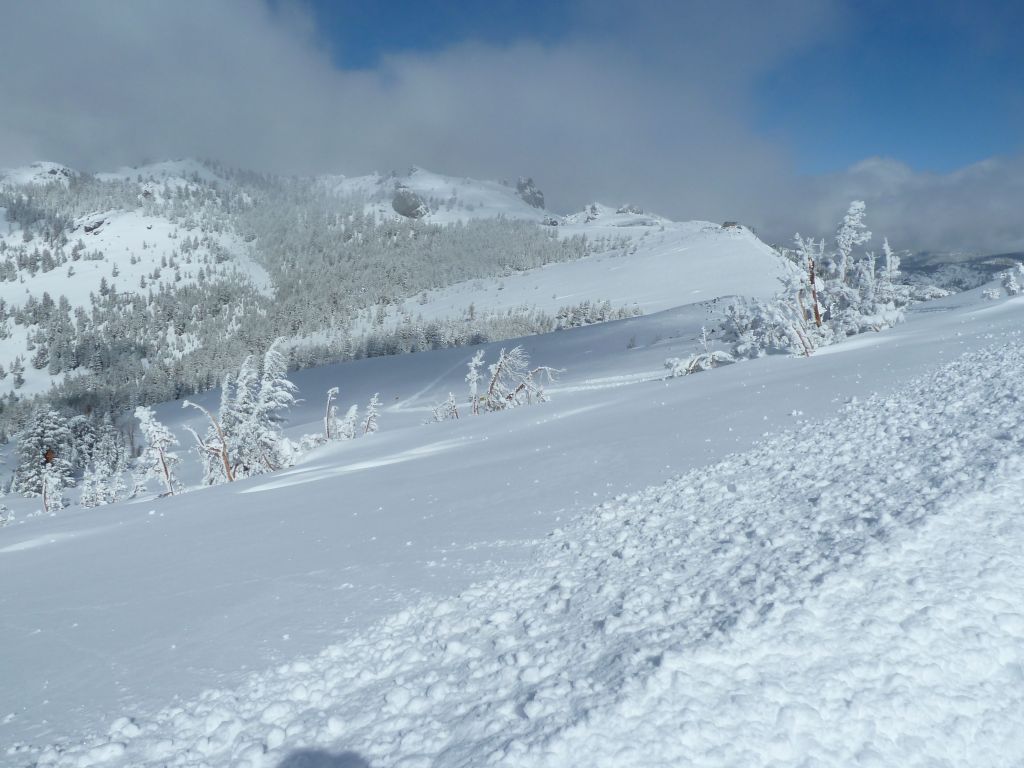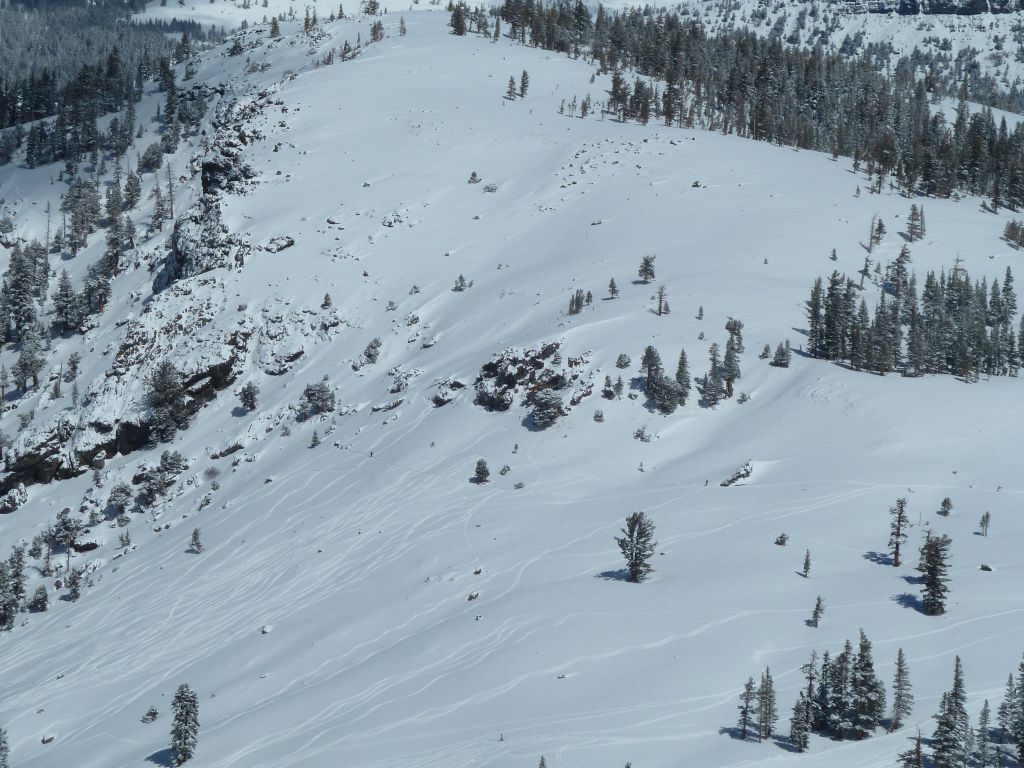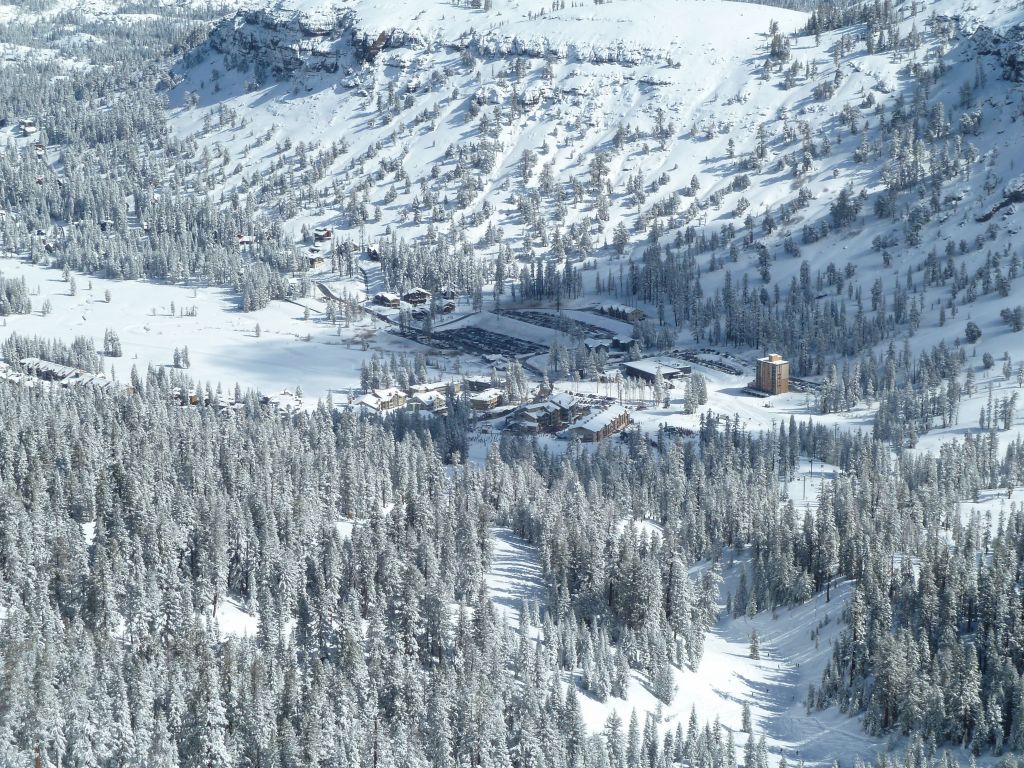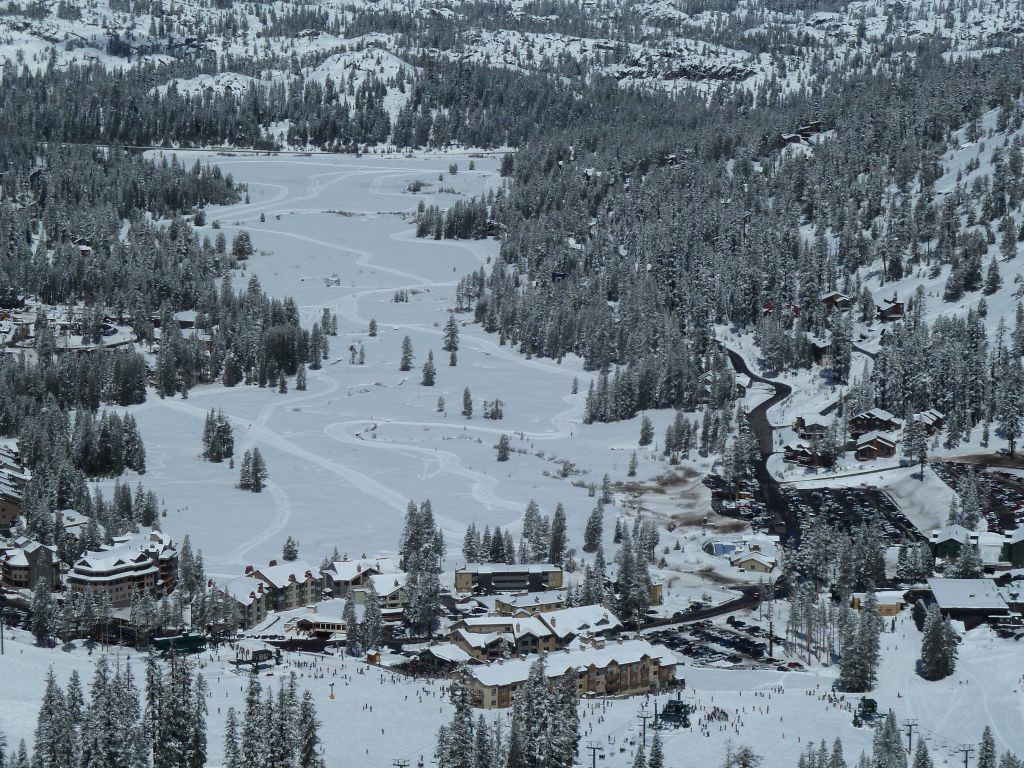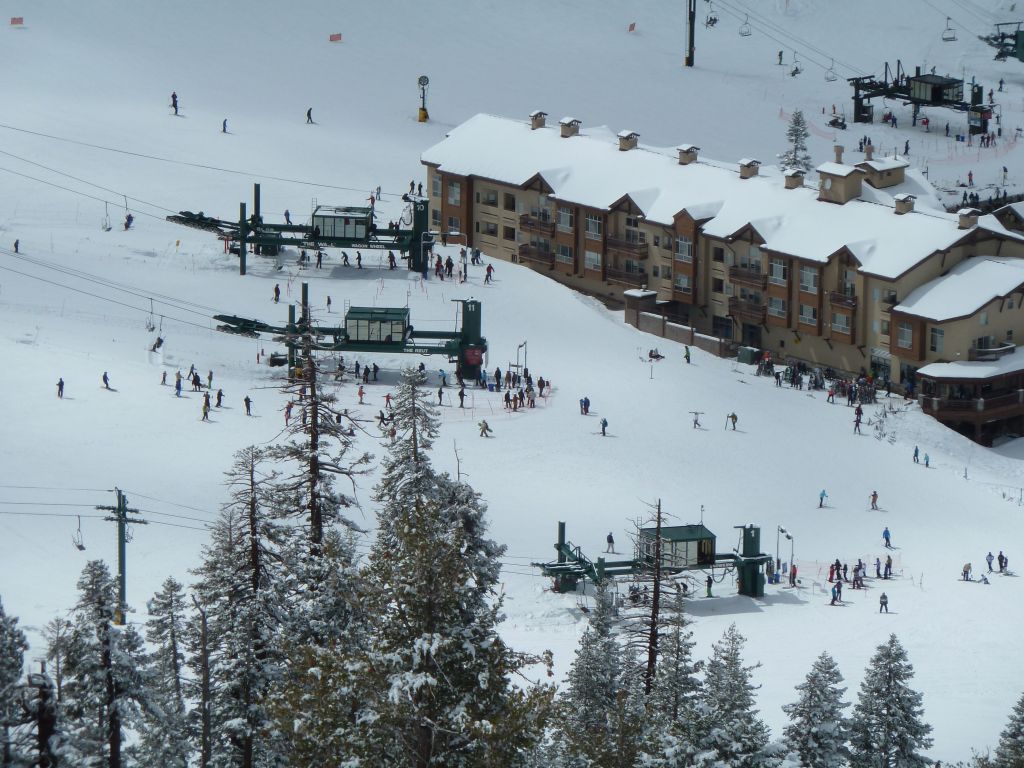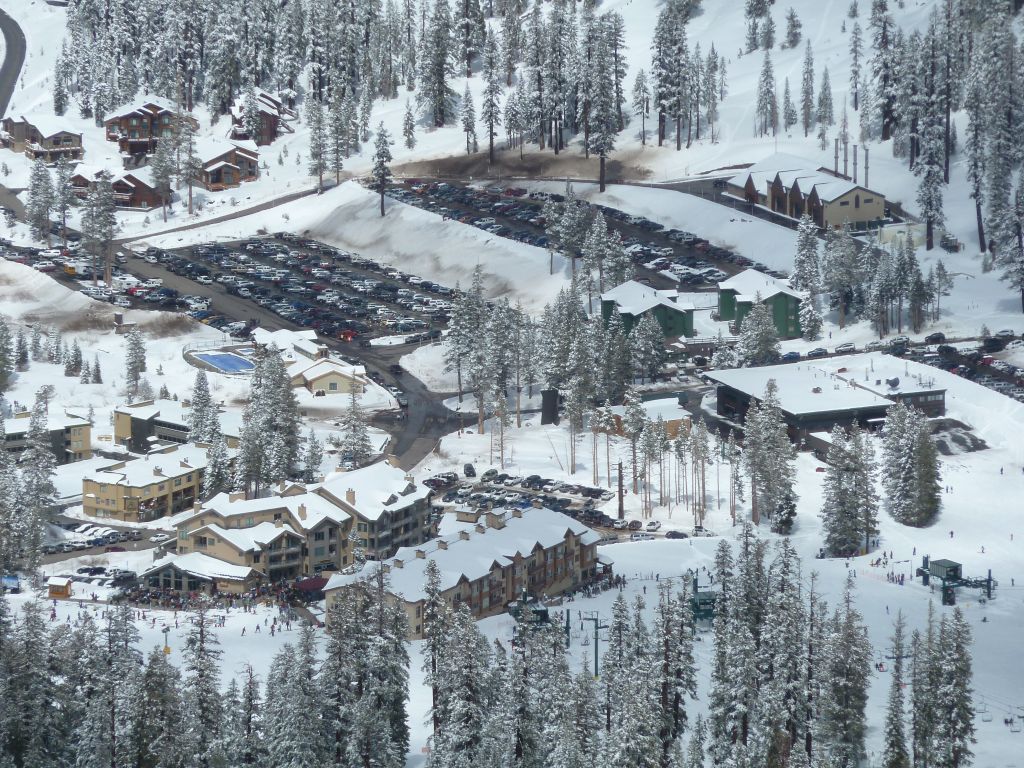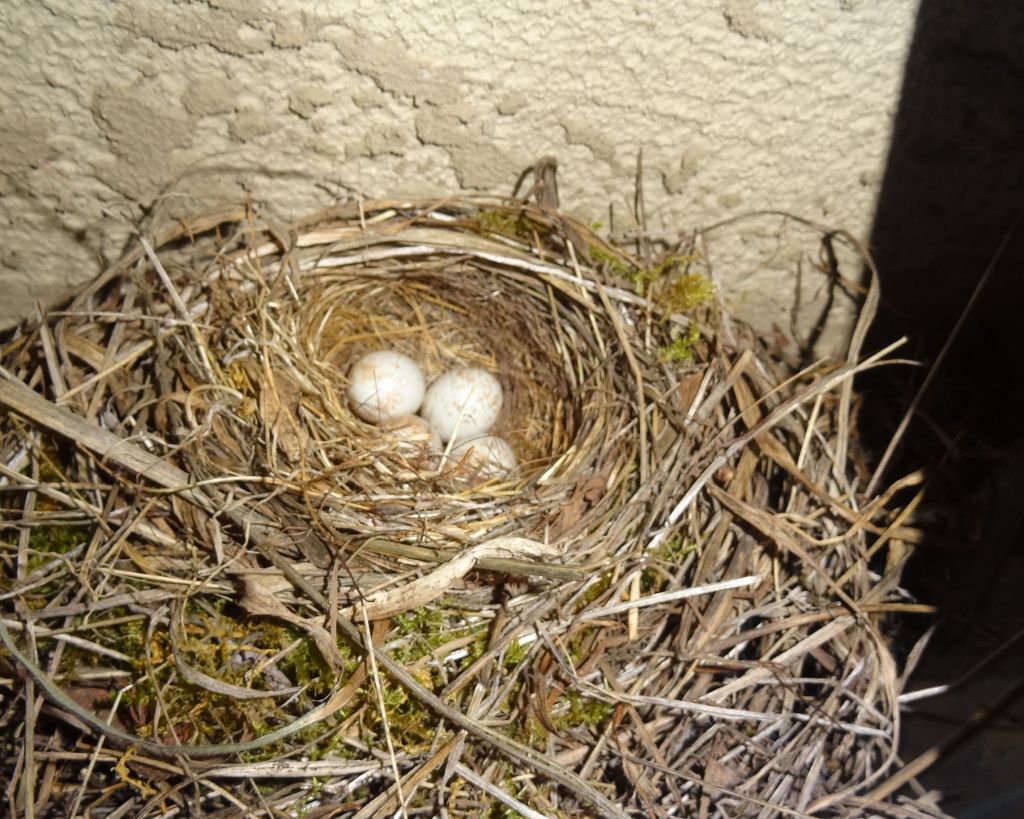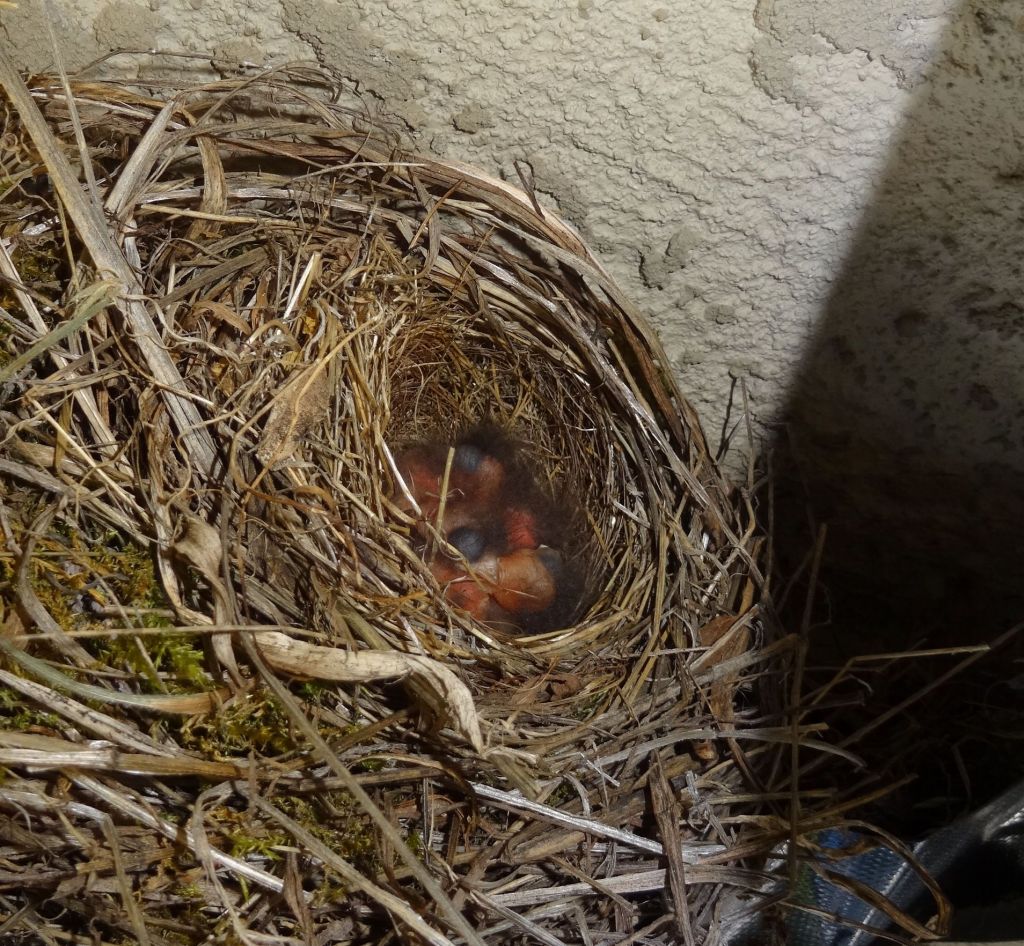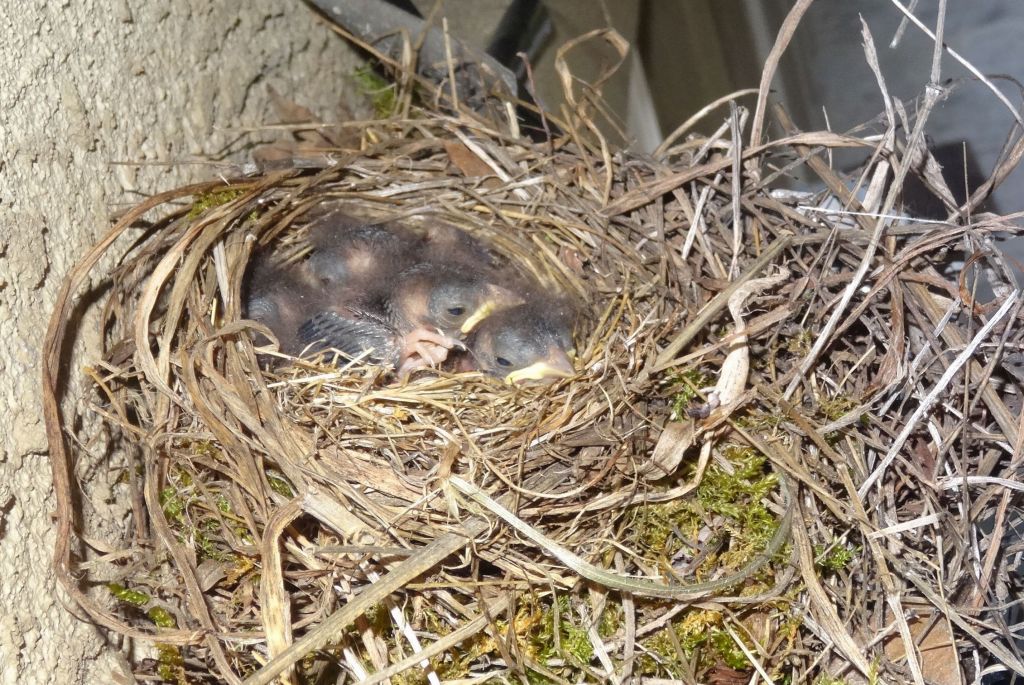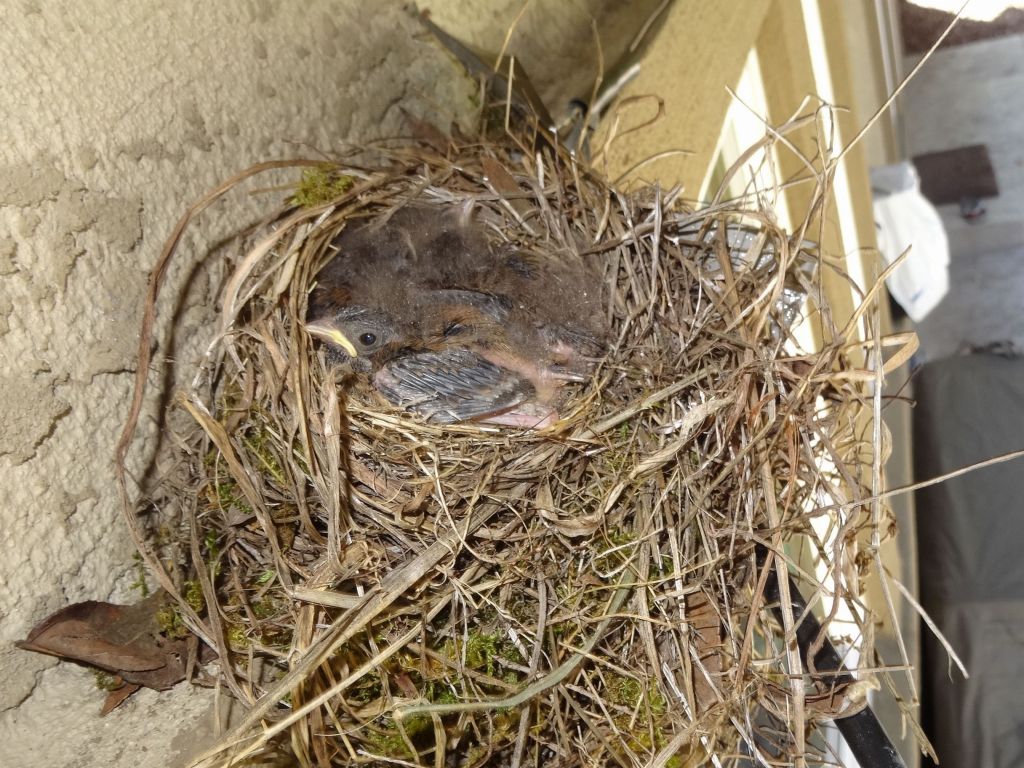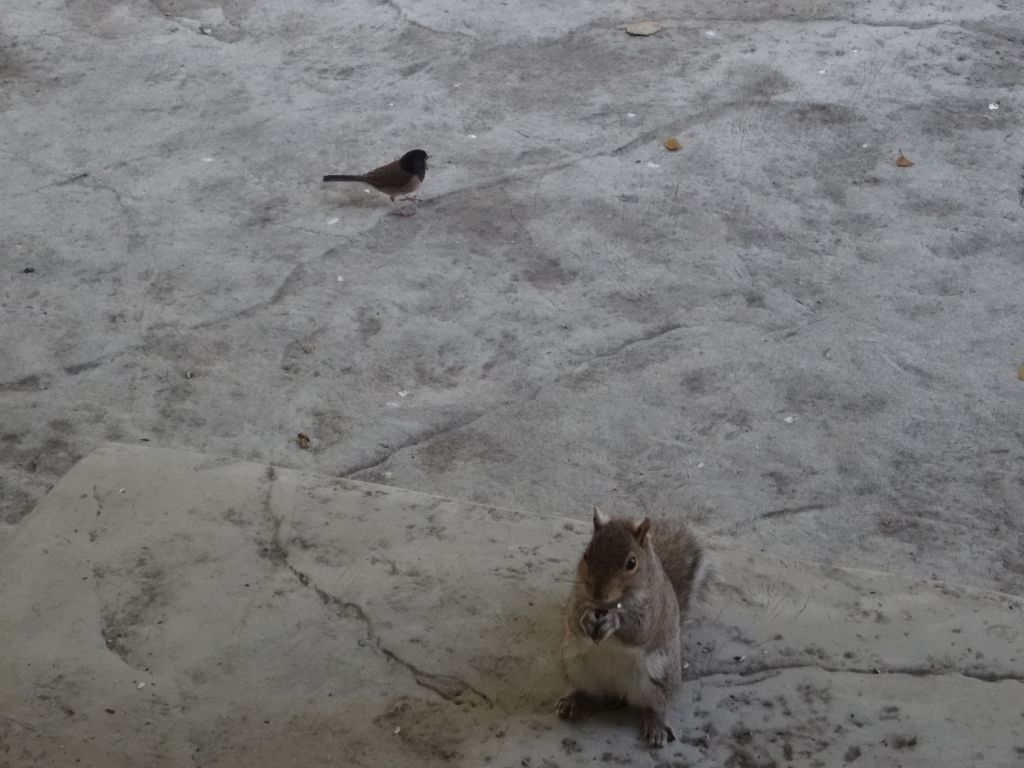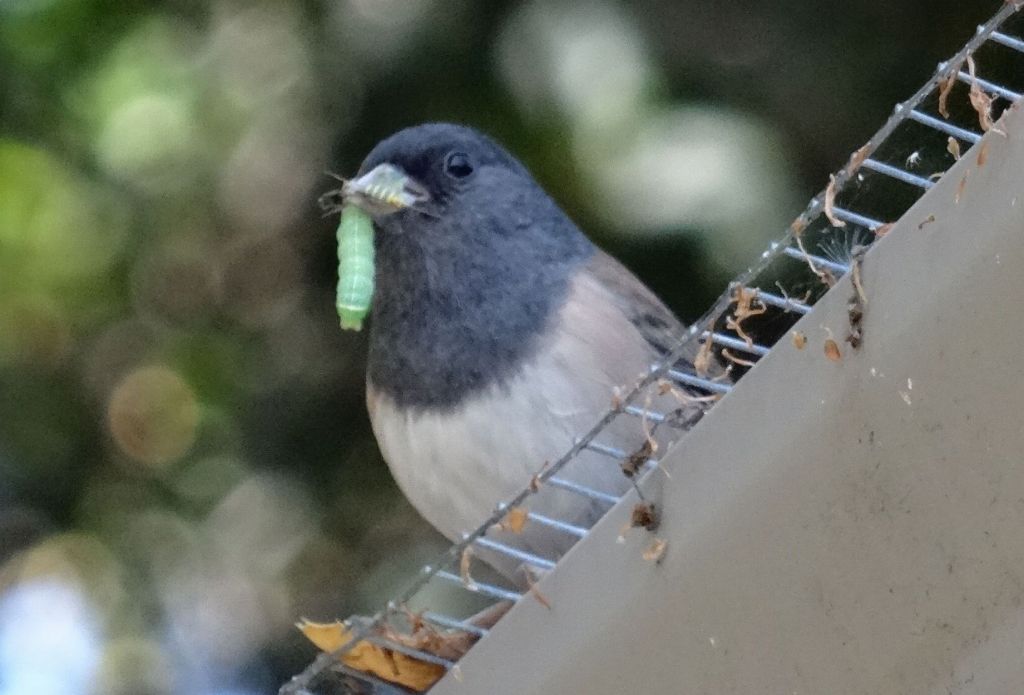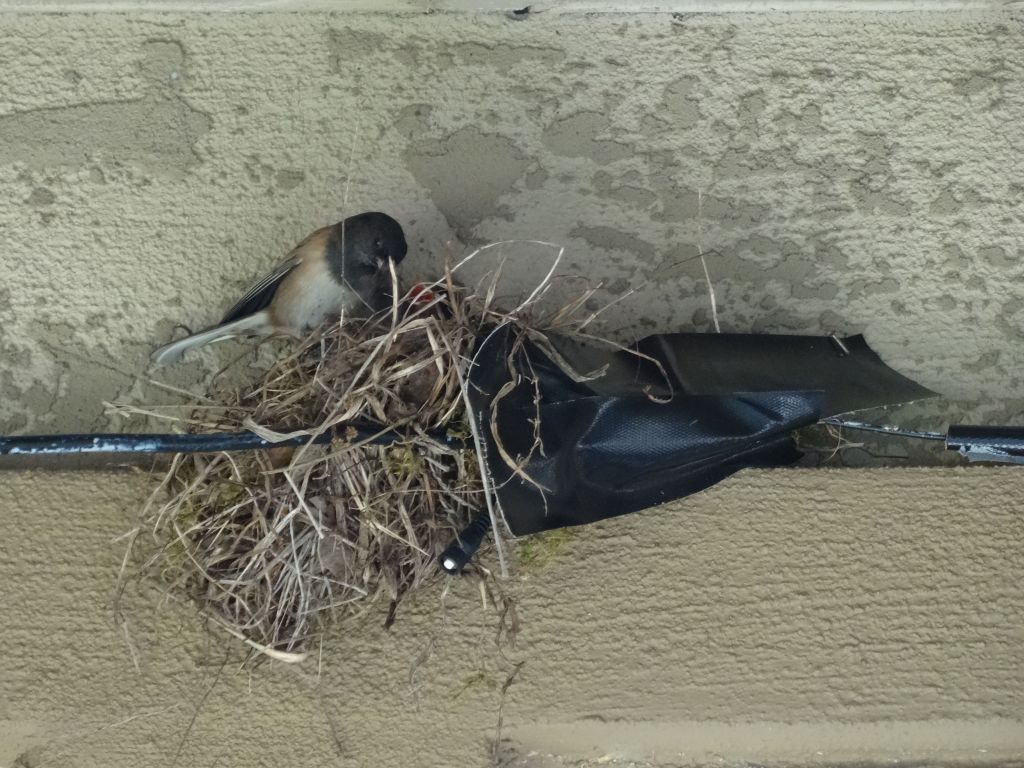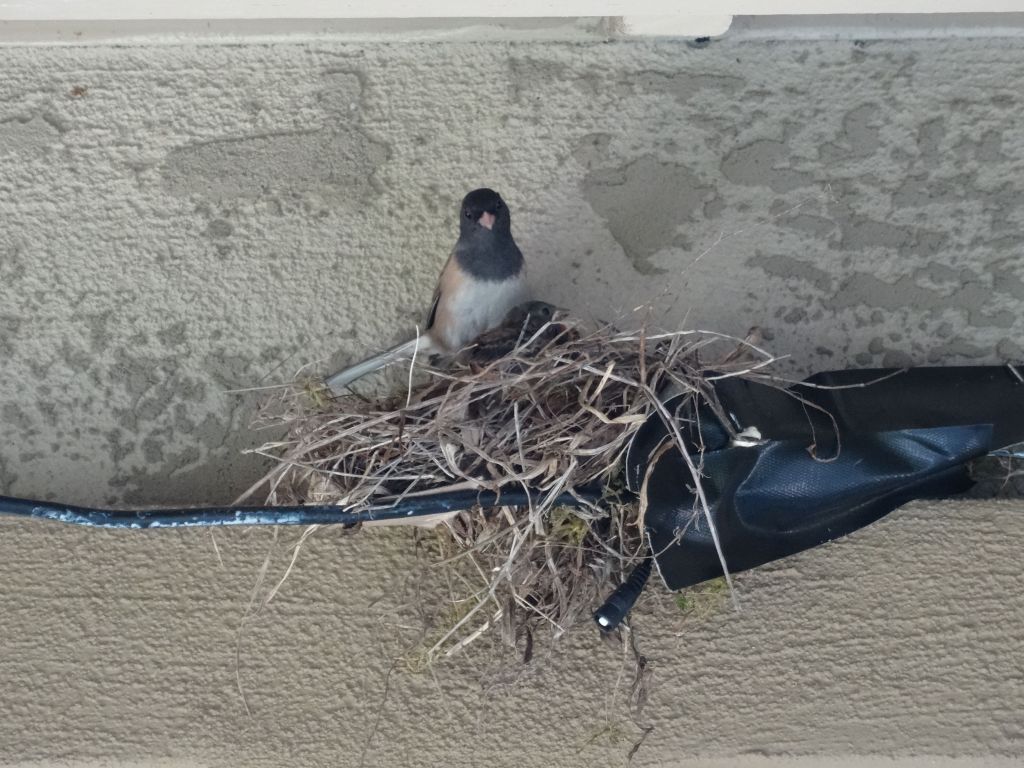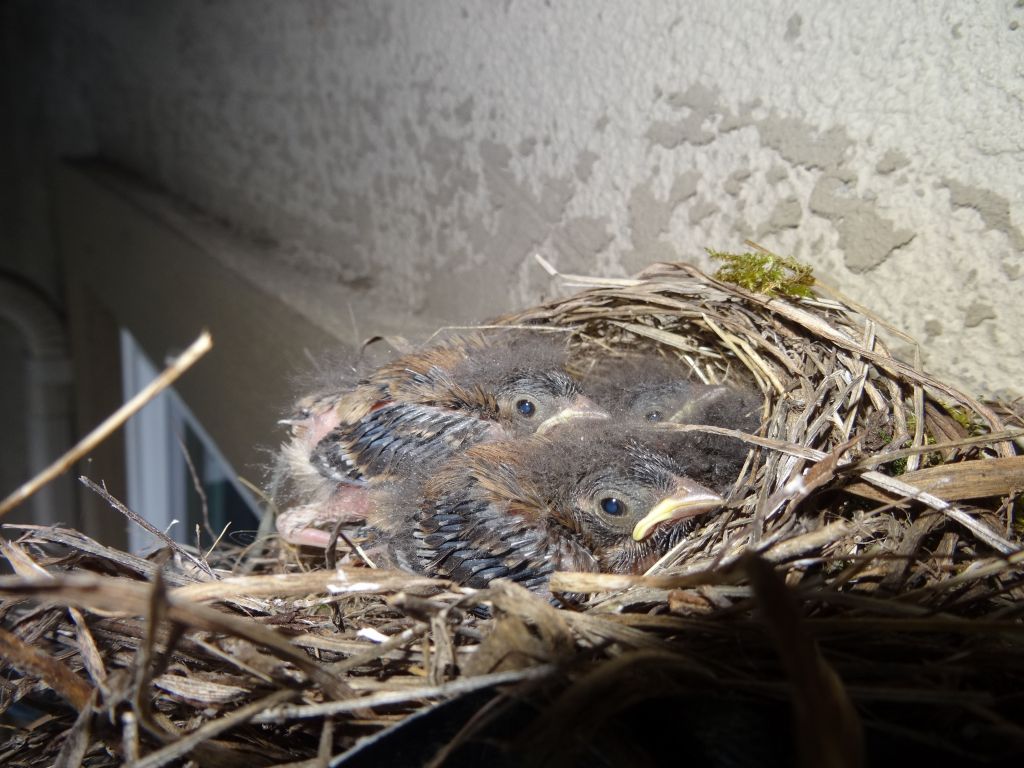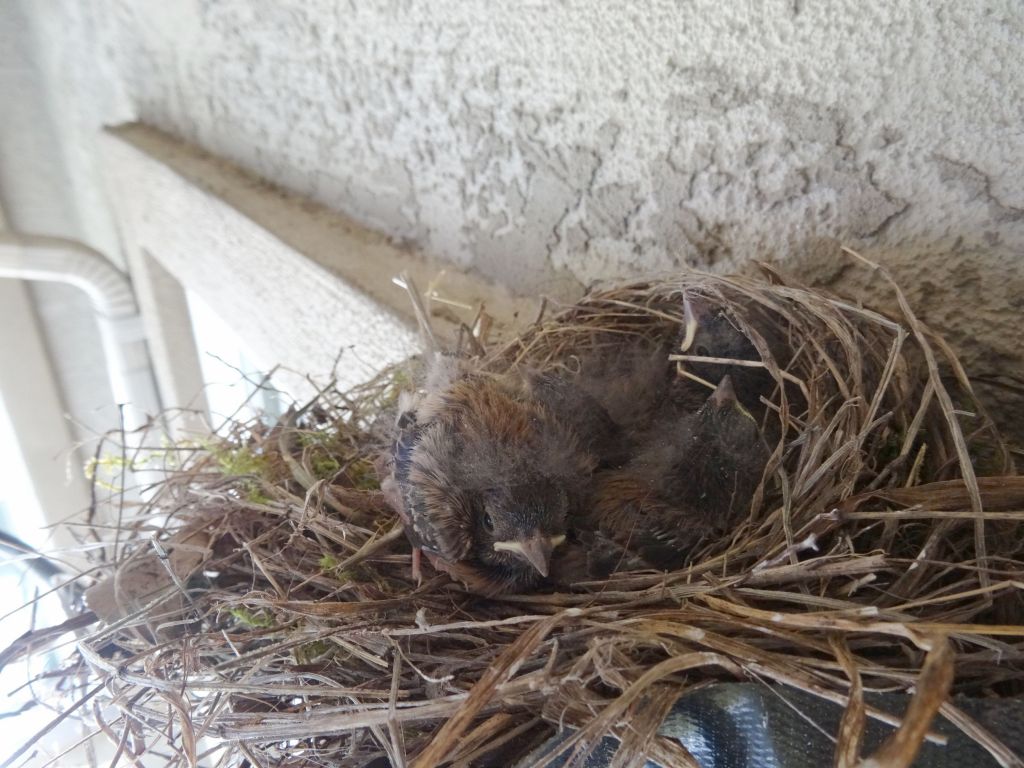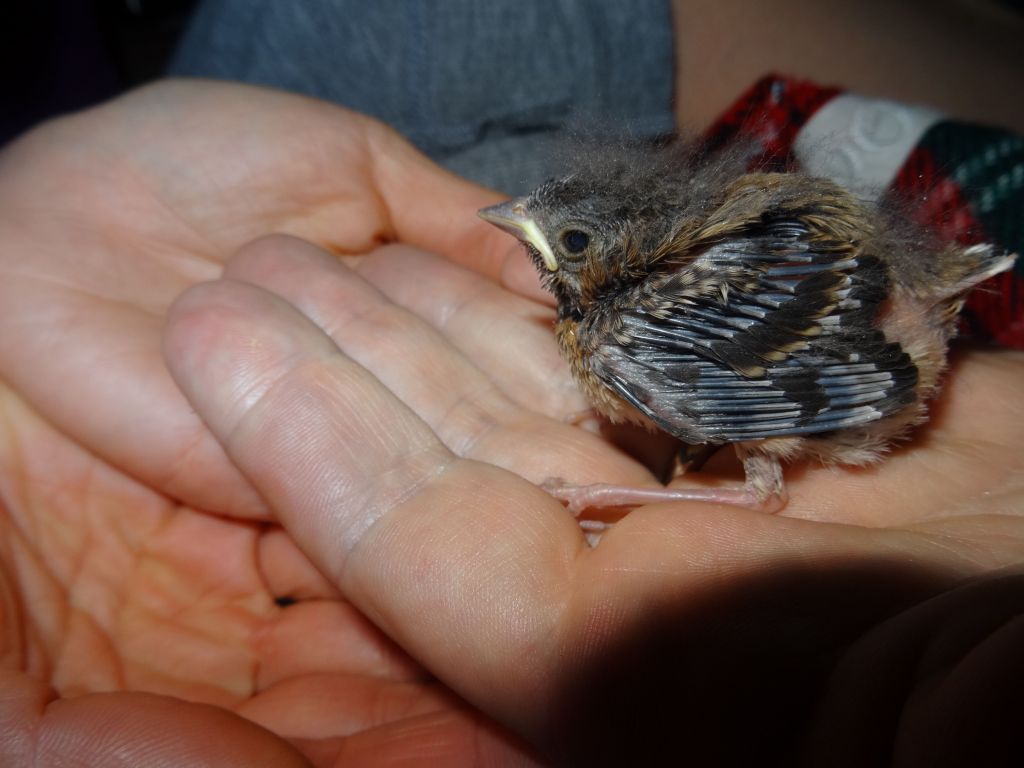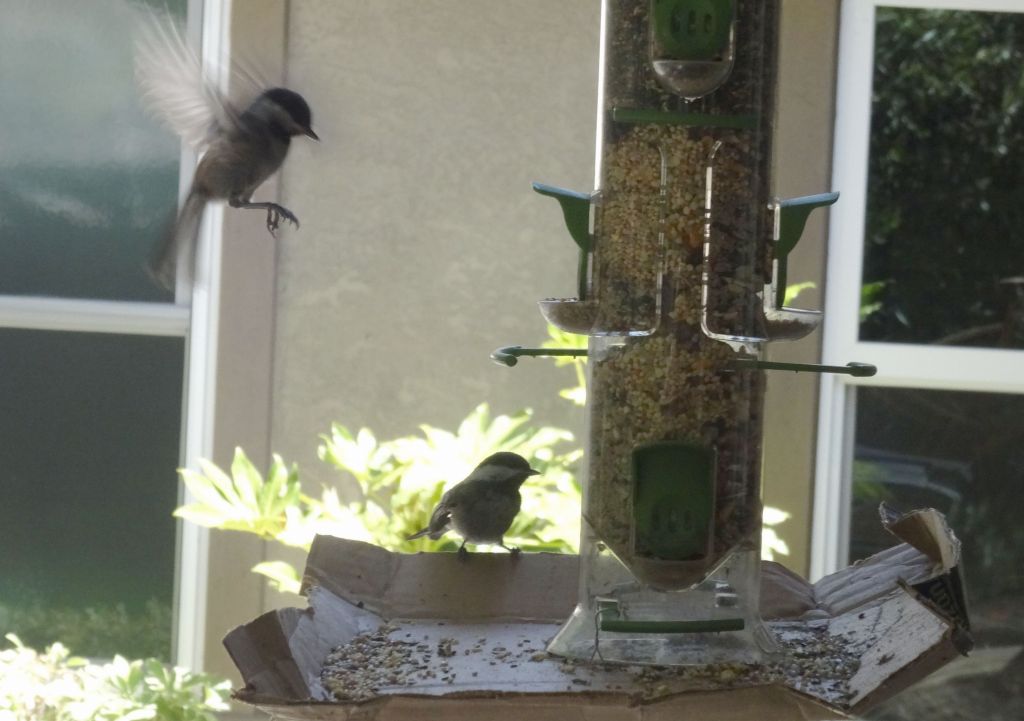How to use Btrfs raid5/6
Since I didn't find good documentation of where Btrfs raid5/raid6 was at, I did some tests, and with some help from list members, can write this page now.
This is as of kernel 3.14 with btrfs-tools 3.12. If your are using a kernel and especially tools older than that, there are good chances things will work less well.
Btrfs raid5/6 in a nutshell
It is important to know that raid5/raid6 is more experimental than btrfs itself is. Do not use this for production systems, or if you do and things break, you were warned :)
If you're coming from the mdadm raid5 world, here's what you need to know:
Btrfs is still experimental, but raid5/6 is experimental within btrfs (in other words quite unfinished).
As of 3.14, it works if everything goes right, but the error handling is still lacking. Unexpected conditions are likely to cause unexpected failures. Buyer beware :)
scrub cannot fix issues with raid5/6 yet. This means that if you have any checksum problem, your filesystem will be in a bad state.
btrfs does not yet seem to know that if you removed a drive from an array and you plug it back in later, that drive is out of date. It will auto-add an out of date drive back to an array and that will likely cause data loss by hiding files you had but the old drive didn't have. This means you should wipe a drive cleanly before you put it back into an array it used to be part of. See https://bugzilla.kernel.org/show_bug.cgi?id=72811
btrfs does not deal well with a drive that is present but not working. It does not know how to kick it from the array, nor can it be removed (btrfs device delete) because this causes reading from the drive that isn't working. This means btrfs will try to write to the bad drive forever. The solution there is to umount the array, remount it with the bad drive missing (it cannot be seen by btrfs, or it'll get automounted/added), and then rebuild on a new drive or rebuild/shrink the array to be one drive smaller (this is explained below).
You can add and remove drives from an array and rebalance to grow/shrink an array without umounting it. Note that is slow since it forces rewriting of all data blocks, and this takes about 3H per 100GB (or 30H per terabyte) with 10 drives on a dual core duo.
If you are missing a drive, btrfs will refuse to mount the array and give an obscure error unless you mount with -o degraded
btrfs has no special rebuild procedure. Rebuilding is done by rebalancing the array. You could actualy rebalance a degraded array to a smaller array by rebuilding/balancing without adding a drive, or you can add a drive, rebalance on it, and that will force a read/rewrite of all data blocks, which will restripe them nicely.
btrfs replace does not work, but you can easily do btrfs device add, and btrfs remove of the other drive, and this will do the same thing.
btrfs device add will not cause an auto rebalance. You could chose not to rebalance existing data and only have new data be balanced properly.
btrfs device delete will force all data from the deleted drive to be rebalanced and the command completes when the drive has been freed up.
The magic command to delete an unused drive from an array while it is missing from the system is btrfs device delete missing .
btrfs doesn't easily tell you that your array is in degraded mode (run btrfs fi show, and it'll show a missing drive as well as how much of your total data is still on it). This does means you can have an array that is half degraded: half the files are striped over the current drives because they were written after the drive was removed, or were written by a rebalance that hasn't finished, while the other half of your data could be in degraded mode.
You can see this by looking at the amount of data on each drive, anything on drive 11 is properly striped 10 way, while anything on drive 3 is in degraded mode:
polgara:~# btrfs fi show
Label: backupcopy uuid: eed9b55c-1d5a-40bf-a032-1be6980648e1
Total devices 11 FS bytes used 564.54GiB
devid 1 size 465.76GiB used 63.14GiB path /dev/dm-0
devid 2 size 465.76GiB used 63.14GiB path /dev/dm-1
devid 3 size 465.75GiB used 30.00GiB path <- this device is missing
devid 4 size 465.76GiB used 63.14GiB path /dev/dm-2
devid 5 size 465.76GiB used 63.14GiB path /dev/dm-3
devid 6 size 465.76GiB used 63.14GiB path /dev/dm-4
devid 7 size 465.76GiB used 63.14GiB path /dev/mapper/crypt_sdi1
devid 8 size 465.76GiB used 63.14GiB path /dev/mapper/crypt_sdj1
devid 9 size 465.76GiB used 63.14GiB path /dev/dm-7
devid 10 size 465.76GiB used 63.14GiB path /dev/dm-8
devid 11 size 465.76GiB used 33.14GiB path /dev/mapper/crypt_sde1 <- this device was added
Create a raid5 array
polgara:/dev/disk/by-id# mkfs.btrfs -f -d raid5 -m raid5 -L backupcopy /dev/mapper/crypt_sd[bdfghijkl]1
WARNING! - Btrfs v3.12 IS EXPERIMENTAL
WARNING! - see http://btrfs.wiki.kernel.org before using
Turning ON incompat feature 'extref': increased hardlink limit per file to 65536
Turning ON incompat feature 'raid56': raid56 extended format
adding device /dev/mapper/crypt_sdd1 id 2
adding device /dev/mapper/crypt_sdf1 id 3
adding device /dev/mapper/crypt_sdg1 id 4
adding device /dev/mapper/crypt_sdh1 id 5
adding device /dev/mapper/crypt_sdi1 id 6
adding device /dev/mapper/crypt_sdj1 id 7
adding device /dev/mapper/crypt_sdk1 id 8
adding device /dev/mapper/crypt_sdl1 id 9
fs created label backupcopy on /dev/mapper/crypt_sdb1
nodesize 16384 leafsize 16384 sectorsize 4096 size 4.09TiB
polgara:/dev/disk/by-id# mount -L backupcopy /mnt/btrfs_backupcopy
polgara:/mnt/btrfs_backupcopy# df -h .
Filesystem Size Used Avail Use% Mounted on
/dev/mapper/crypt_sdb1 4.1T 3.0M 4.1T 1% /mnt/btrfs_backupcopy
As another example, you could use -d raid5 -m raid1 to have metadata be raid1 while data being raid5. This specific example isn't actually that useful, but just giving it as an example.
Replacing a drive that hasn't failed yet on a running raid5 array
btrfs replace does not work:
polgara:/mnt/btrfs_backupcopy# btrfs replace start -r /dev/mapper/crypt_sem1 /dev/mapper/crypt_sdm1 .
Mar 23 14:56:06 polgara kernel: [53501.511493] BTRFS warning (device dm-9): dev_replace cannot yet handle RAID5/RAID6
No big deal, this can be done in 2 steps:
Add the new drive
polgara:/mnt/btrfs_backupcopy# btrfs device add -f /dev/mapper/crypt_sdm1 .
polgara:/mnt/btrfs_backupcopy# btrfs fi show
Label: backupcopy uuid: eed9b55c-1d5a-40bf-a032-1be6980648e1
Total devices 11 FS bytes used 114.35GiB
devid 1 size 465.76GiB used 32.14GiB path /dev/dm-0
devid 2 size 465.76GiB used 32.14GiB path /dev/mapper/crypt_sdd1
devid 4 size 465.76GiB used 32.14GiB path /dev/dm-2
devid 5 size 465.76GiB used 32.14GiB path /dev/dm-3
devid 6 size 465.76GiB used 32.14GiB path /dev/dm-4
devid 7 size 465.76GiB used 32.14GiB path /dev/mapper/crypt_sdi1
devid 8 size 465.76GiB used 32.14GiB path /dev/dm-6
devid 9 size 465.76GiB used 32.14GiB path /dev/mapper/crypt_sdk1
devid 10 size 465.76GiB used 32.14GiB path /dev/mapper/crypt_sdl1
devid 11 size 465.76GiB used 32.14GiB path /dev/mapper/crypt_sde1
devid 12 size 465.75GiB used 0.00 path /dev/mapper/crypt_sdm1
btrfs device delete the drive to remove. This neatly causes a rebalance which will happen to use the new drive you just added
polgara:/mnt/btrfs_backupcopy# btrfs device delete /dev/mapper/crypt_sde1 .
Mar 23 11:13:31 polgara kernel: [40145.908207] BTRFS info (device dm-9): relocating block group 945203314688 flags 129
Mar 23 14:51:51 polgara kernel: [53245.955444] BTRFS info (device dm-9): found 5576 extents
Mar 23 14:51:57 polgara kernel: [53251.874925] BTRFS info (device dm-9): found 5576 extents
polgara:/mnt/btrfs_backupcopy#
Note that this is slow, 3.5h for just 115GB of data. It could take days for
a terabyte array.
polgara:/mnt/btrfs_backupcopy# btrfs fi show
Label: backupcopy uuid: eed9b55c-1d5a-40bf-a032-1be6980648e1
Total devices 10 FS bytes used 114.35GiB
devid 1 size 465.76GiB used 13.14GiB path /dev/dm-0
devid 2 size 465.76GiB used 13.14GiB path /dev/mapper/crypt_sdd1
devid 4 size 465.76GiB used 13.14GiB path /dev/dm-2
devid 5 size 465.76GiB used 13.14GiB path /dev/dm-3
devid 6 size 465.76GiB used 13.14GiB path /dev/dm-4
devid 7 size 465.76GiB used 13.14GiB path /dev/mapper/crypt_sdi1
devid 8 size 465.76GiB used 13.14GiB path /dev/dm-6
devid 9 size 465.76GiB used 13.14GiB path /dev/mapper/crypt_sdk1
devid 10 size 465.76GiB used 13.14GiB path /dev/mapper/crypt_sdl1
devid 12 size 465.75GiB used 13.14GiB path /dev/mapper/crypt_sdm1
There we go, I'm back on 10 devices, almost as good as a btrfs replace, it simply took 2 steps
Replacing a missing drive on a running raid5 array
Normal mount will not work:
polgara:~# mount -v -t btrfs -o compress=zlib,space_cache,noatime LABEL=backupcopy /mnt/btrfs_backupcopy
mount: wrong fs type, bad option, bad superblock on /dev/mapper/crypt_sdj1,
missing codepage or helper program, or other error
In some cases useful info is found in syslog - try
dmesg | tail or so
Mar 21 22:29:45 polgara kernel: [ 2288.285068] BTRFS info (device dm-8): disk space caching is enabled
Mar 21 22:29:45 polgara kernel: [ 2288.285369] BTRFS: failed to read the system array on dm-8
Mar 21 22:29:45 polgara kernel: [ 2288.316067] BTRFS: open_ctree failed
So we do a mount with -o degraded
polgara:~# mount -v -t btrfs -o compress=zlib,space_cache,noatime,degraded LABEL=backupcopy /mnt/btrfs_backupcopy
/dev/mapper/crypt_sdj1 on /mnt/btrfs_backupcopy type btrfs (rw,noatime,compress=zlib,space_cache,degraded)
Mar 21 22:29:51 polgara kernel: [ 2295.042421] BTRFS: device label backupcopy devid 8 transid 3446 /dev/mapper/crypt_sdj1
Mar 21 22:29:51 polgara kernel: [ 2295.065951] BTRFS info (device dm-8): allowing degraded mounts
Mar 21 22:29:51 polgara kernel: [ 2295.065955] BTRFS info (device dm-8): disk space caching is enabled
Mar 21 22:30:32 polgara kernel: [ 2336.189000] BTRFS: device label backupcopy devid 3 transid 8 /dev/dm-9
Mar 21 22:30:32 polgara kernel: [ 2336.203175] BTRFS: device label backupcopy devid 3 transid 8 /dev/dm-9
Then we add the new drive:
polgara:/mnt/btrfs_backupcopy# btrfs device add -f /dev/mapper/crypt_sde1 .
polgara:/mnt/btrfs_backupcopy# df .
/dev/dm-0 5.1T 565G 4.0T 13% /mnt/btrfs_backupcopy < bad, it should be 4.5T, but I get space for 11 drives
https://btrfs.wiki.kernel.org/index.php/FAQ#What_does_.22balance.22_do.3F says:
"On a filesystem with damaged replication (e.g. a RAID-1 FS with a dead and removed disk), it will force the FS to rebuild the missing copy of the data on one of the currently active devices, restoring the RAID-1 capability of the filesystem."
See also: https://btrfs.wiki.kernel.org/index.php/Balance_Filters
If we have written data since the drive was removed, or if we are recovering from a unfinished balance, doing a filter on devid=3 tells balance to only rewrite data and metadata that has a chunk on missing device #3 (this is a good way to finish the balance in multiple passes if you have to reboot in between, or the filesystem deadlocks during a balance, which unfortunately is still common as of kernel 3.14.
polgara:/mnt/btrfs_backupcopy# btrfs balance start -ddevid=3 -mdevid=3 -v .
Mar 22 13:15:55 polgara kernel: [20275.690827] BTRFS info (device dm-9): relocating block group 941277446144 flags 130
Mar 22 13:15:56 polgara kernel: [20276.604760] BTRFS info (device dm-9): relocating block group 940069486592 flags 132
Mar 22 13:19:27 polgara kernel: [20487.196844] BTRFS info (device dm-9): found 52417 extents
Mar 22 13:19:28 polgara kernel: [20488.056749] BTRFS info (device dm-9): relocating block group 938861527040 flags 132
Mar 22 13:22:41 polgara kernel: [20681.588762] BTRFS info (device dm-9): found 70146 extents
Mar 22 13:22:42 polgara kernel: [20682.380957] BTRFS info (device dm-9): relocating block group 937653567488 flags 132
Mar 22 13:26:12 polgara kernel: [20892.816204] BTRFS info (device dm-9): found 71497 extents
Mar 22 13:26:14 polgara kernel: [20894.819258] BTRFS info (device dm-9): relocating block group 927989891072 flags 129
As balancing happens, data is taken out of devid3, the one missing, and added to devid11 (the one added):
polgara:~# btrfs fi show
Label: backupcopy uuid: eed9b55c-1d5a-40bf-a032-1be6980648e1
Total devices 11 FS bytes used 564.54GiB
devid 1 size 465.76GiB used 63.14GiB path /dev/dm-0
devid 2 size 465.76GiB used 63.14GiB path /dev/dm-1
devid 3 size 465.75GiB used 30.00GiB path <- this device is missing
devid 4 size 465.76GiB used 63.14GiB path /dev/dm-2
devid 5 size 465.76GiB used 63.14GiB path /dev/dm-3
devid 6 size 465.76GiB used 63.14GiB path /dev/dm-4
devid 7 size 465.76GiB used 63.14GiB path /dev/mapper/crypt_sdi1
devid 8 size 465.76GiB used 63.14GiB path /dev/mapper/crypt_sdj1
devid 9 size 465.76GiB used 63.14GiB path /dev/dm-7
devid 10 size 465.76GiB used 63.14GiB path /dev/dm-8
devid 11 size 465.76GiB used 33.14GiB path /dev/mapper/crypt_sde1 <- this device was added
You can see status with:
polgara:/mnt/btrfs_backupcopy# while :
> do
> btrfs balance status .
> sleep 60
1 out of about 72 chunks balanced (2 considered), 99% left
2 out of about 72 chunks balanced (3 considered), 97% left
3 out of about 72 chunks balanced (4 considered), 96% left
At the end (and this can take hours to days), you get:
polgara:/mnt/btrfs_backupcopy# btrfs fi show
Label: backupcopy uuid: eed9b55c-1d5a-40bf-a032-1be6980648e1
Total devices 11 FS bytes used 114.35GiB
devid 1 size 465.76GiB used 32.14GiB path /dev/dm-0
devid 2 size 465.76GiB used 32.14GiB path /dev/mapper/crypt_sdd1
devid 3 size 465.75GiB used 0.00 path <---- drive is freed up now.
devid 4 size 465.76GiB used 32.14GiB path /dev/dm-2
devid 5 size 465.76GiB used 32.14GiB path /dev/dm-3
devid 6 size 465.76GiB used 32.14GiB path /dev/dm-4
devid 7 size 465.76GiB used 32.14GiB path /dev/mapper/crypt_sdi1
devid 8 size 465.76GiB used 32.14GiB path /dev/dm-6
devid 9 size 465.76GiB used 32.14GiB path /dev/mapper/crypt_sdk1
devid 10 size 465.76GiB used 32.14GiB path /dev/mapper/crypt_sdl1
devid 11 size 465.76GiB used 32.14GiB path /dev/mapper/crypt_sde1
Btrfs v3.12
But the array still shows 11 drives with one missing and will not mount without -o degraded.
You do this with:
polgara:/mnt/btrfs_backupcopy# btrfs device delete missing .
polgara:/mnt/btrfs_backupcopy# btrfs fi show
Label: backupcopy uuid: eed9b55c-1d5a-40bf-a032-1be6980648e1
Total devices 10 FS bytes used 114.35GiB
devid 1 size 465.76GiB used 32.14GiB path /dev/dm-0
devid 2 size 465.76GiB used 32.14GiB path /dev/mapper/crypt_sdd1
devid 4 size 465.76GiB used 32.14GiB path /dev/dm-2
devid 5 size 465.76GiB used 32.14GiB path /dev/dm-3
devid 6 size 465.76GiB used 32.14GiB path /dev/dm-4
devid 7 size 465.76GiB used 32.14GiB path /dev/mapper/crypt_sdi1
devid 8 size 465.76GiB used 32.14GiB path /dev/dm-6
devid 9 size 465.76GiB used 32.14GiB path /dev/mapper/crypt_sdk1
devid 10 size 465.76GiB used 32.14GiB path /dev/mapper/crypt_sdl1
devid 11 size 465.76GiB used 32.14GiB path /dev/mapper/crypt_sde1
And there we go, we're back in business!
From the above, you've also learned how to grow a raid5 array (add a drive, run balance), or remove a drive (just run btrfs device delete and the auto balance will restripe your entire array for n-1 drives).
